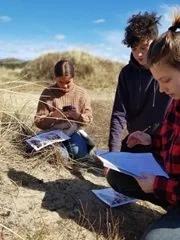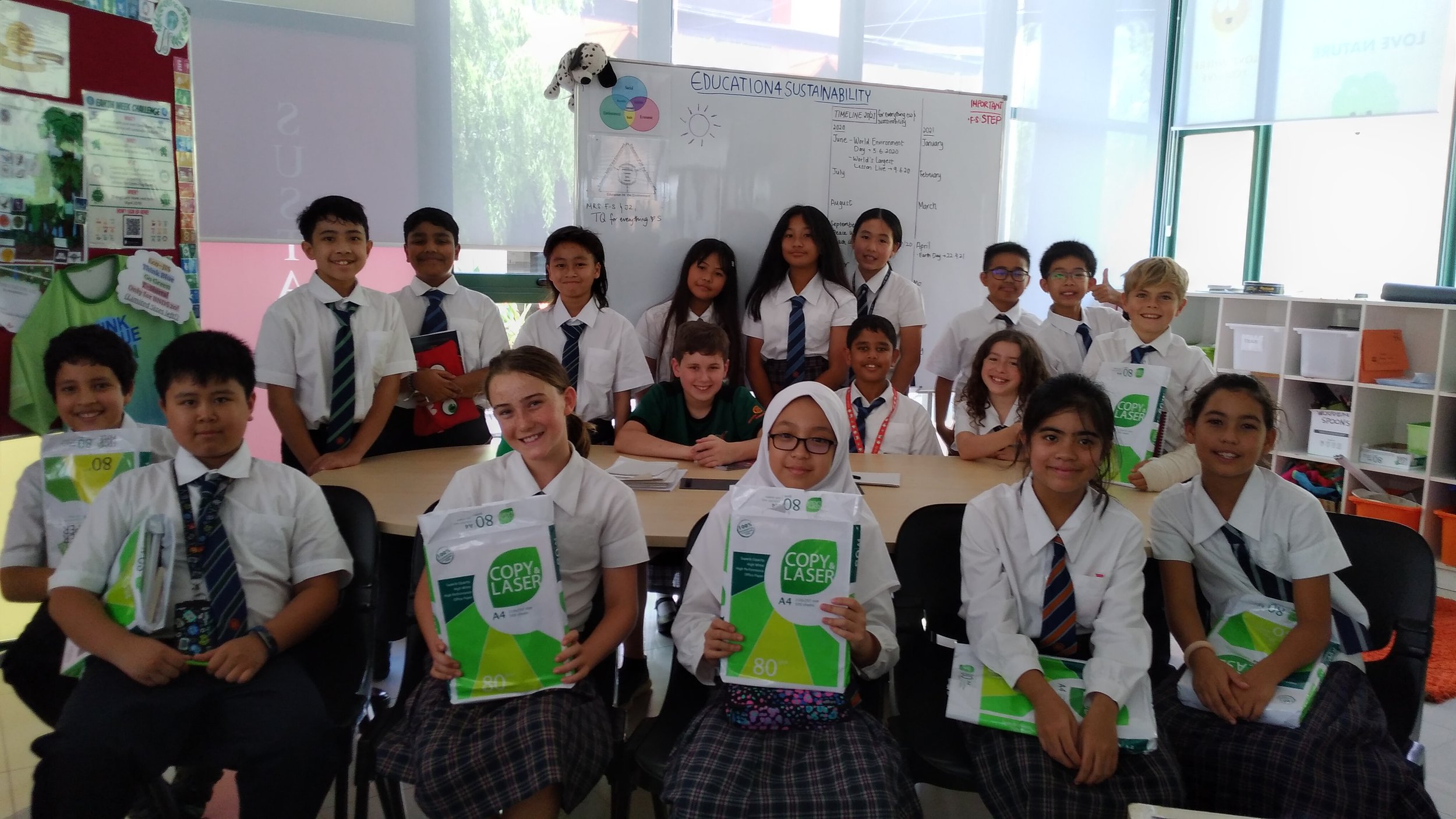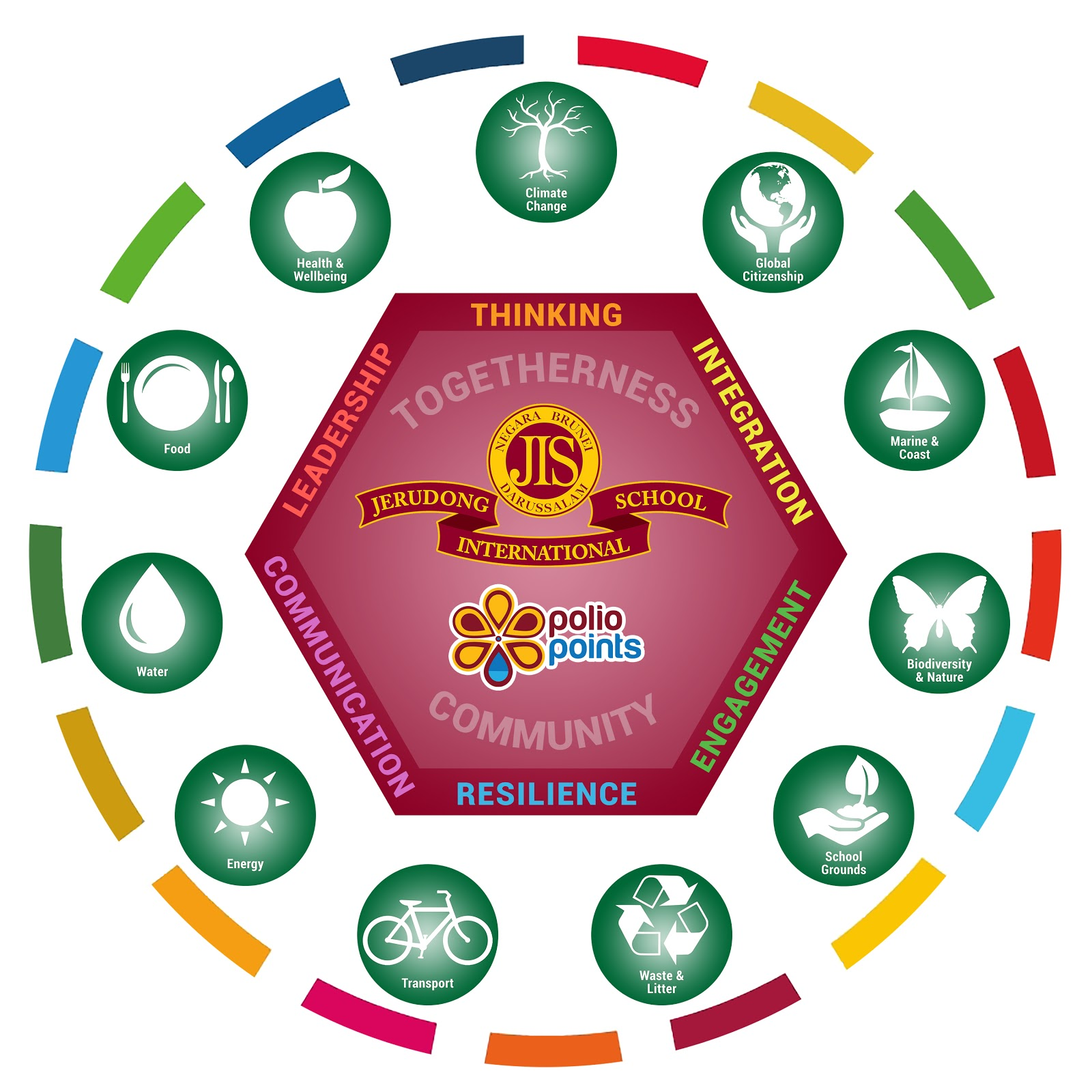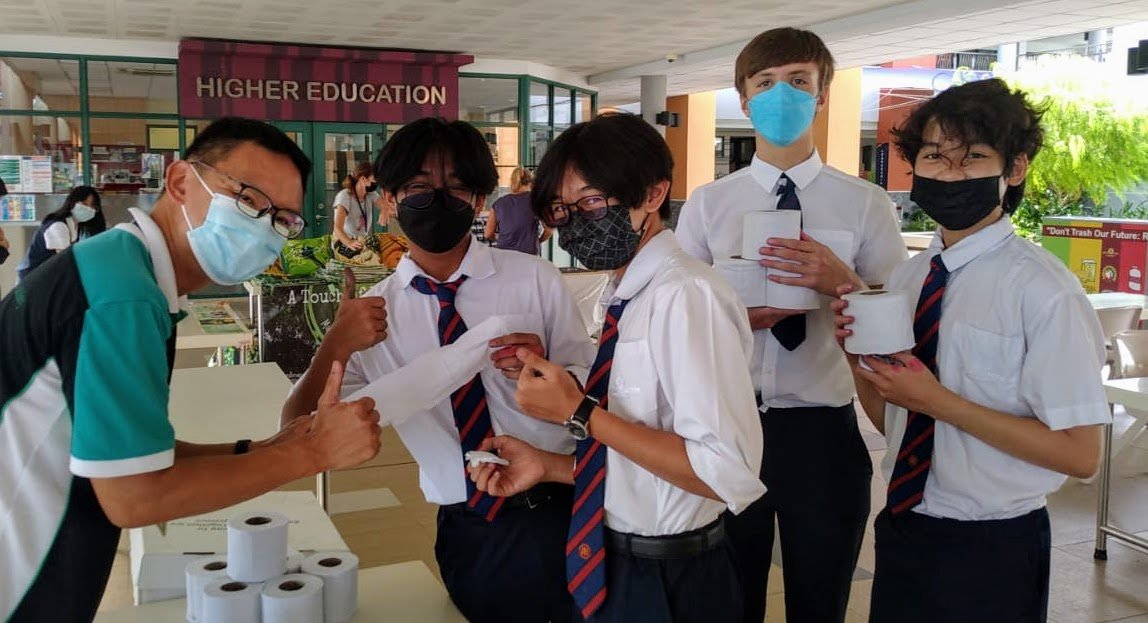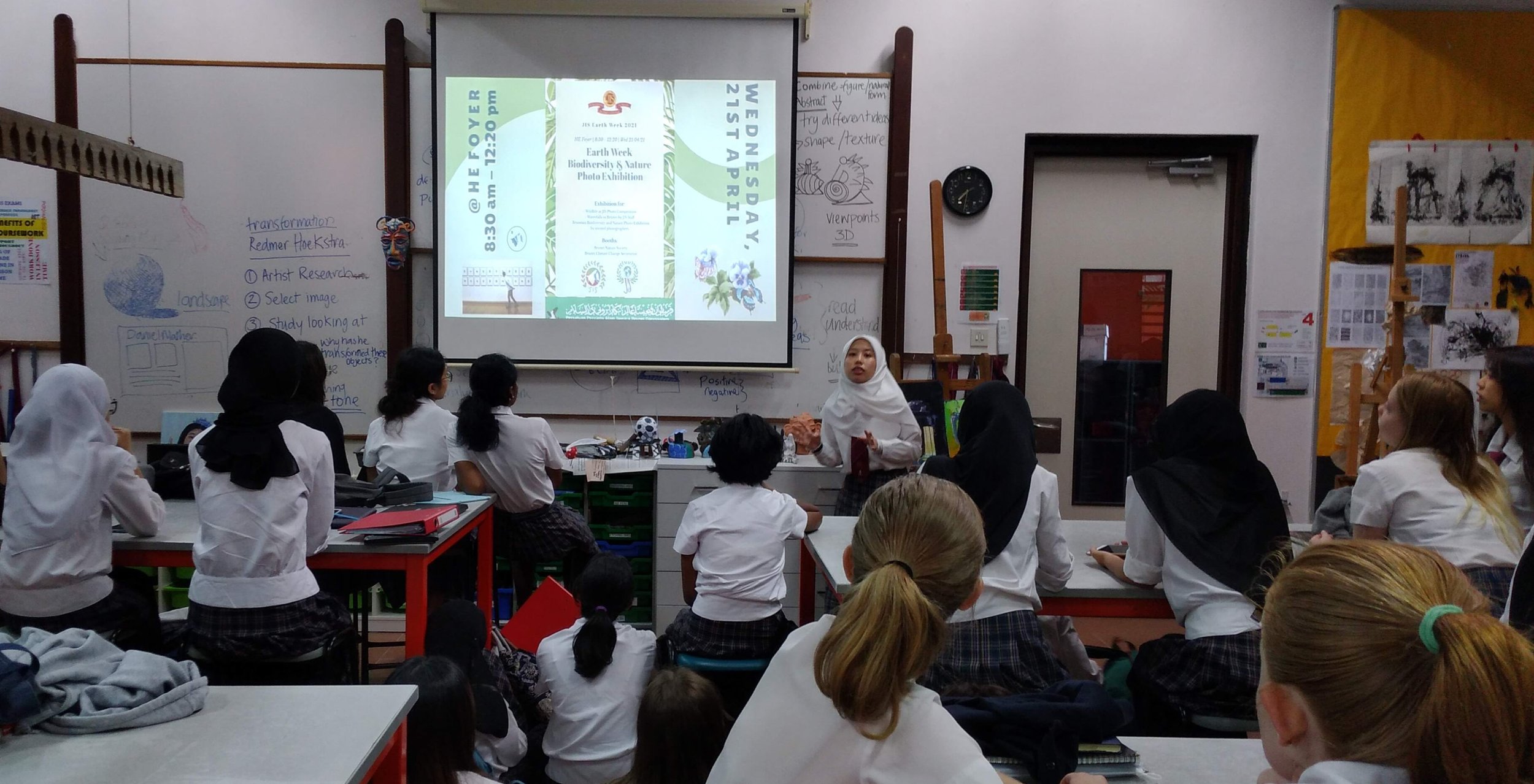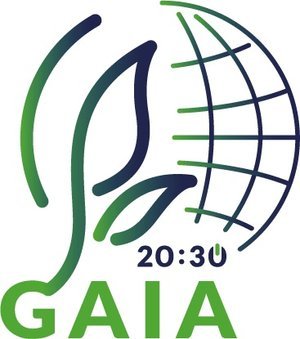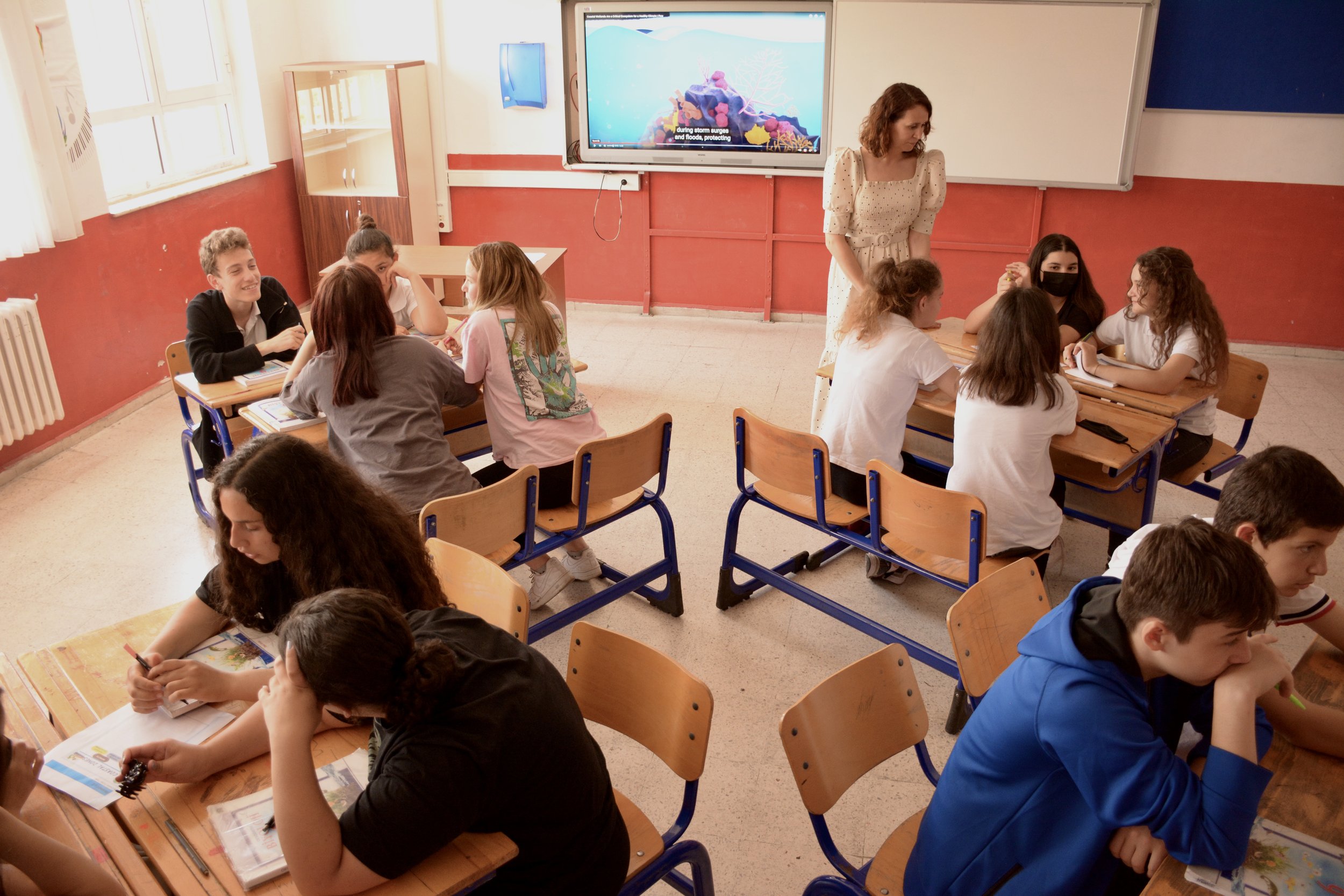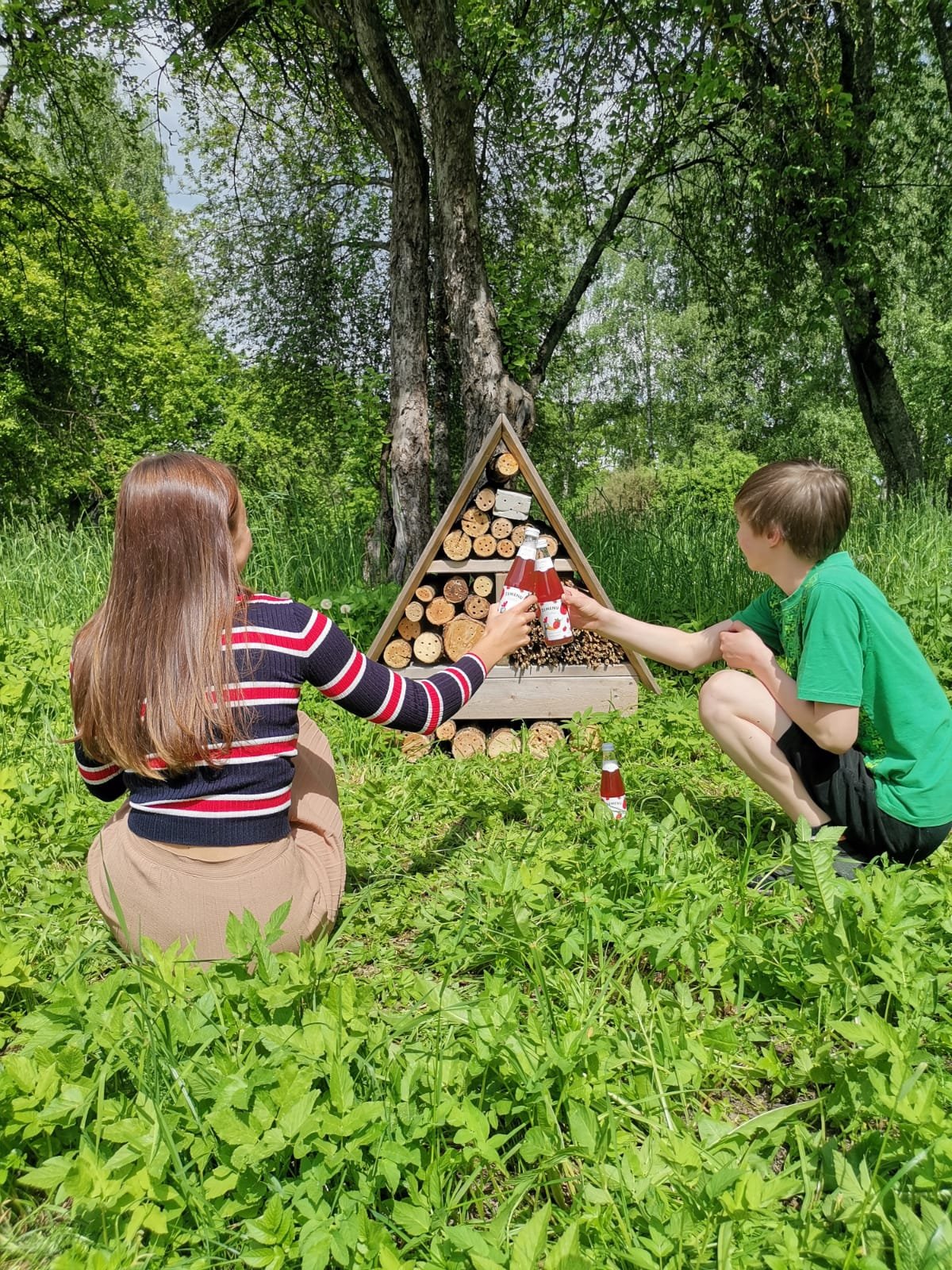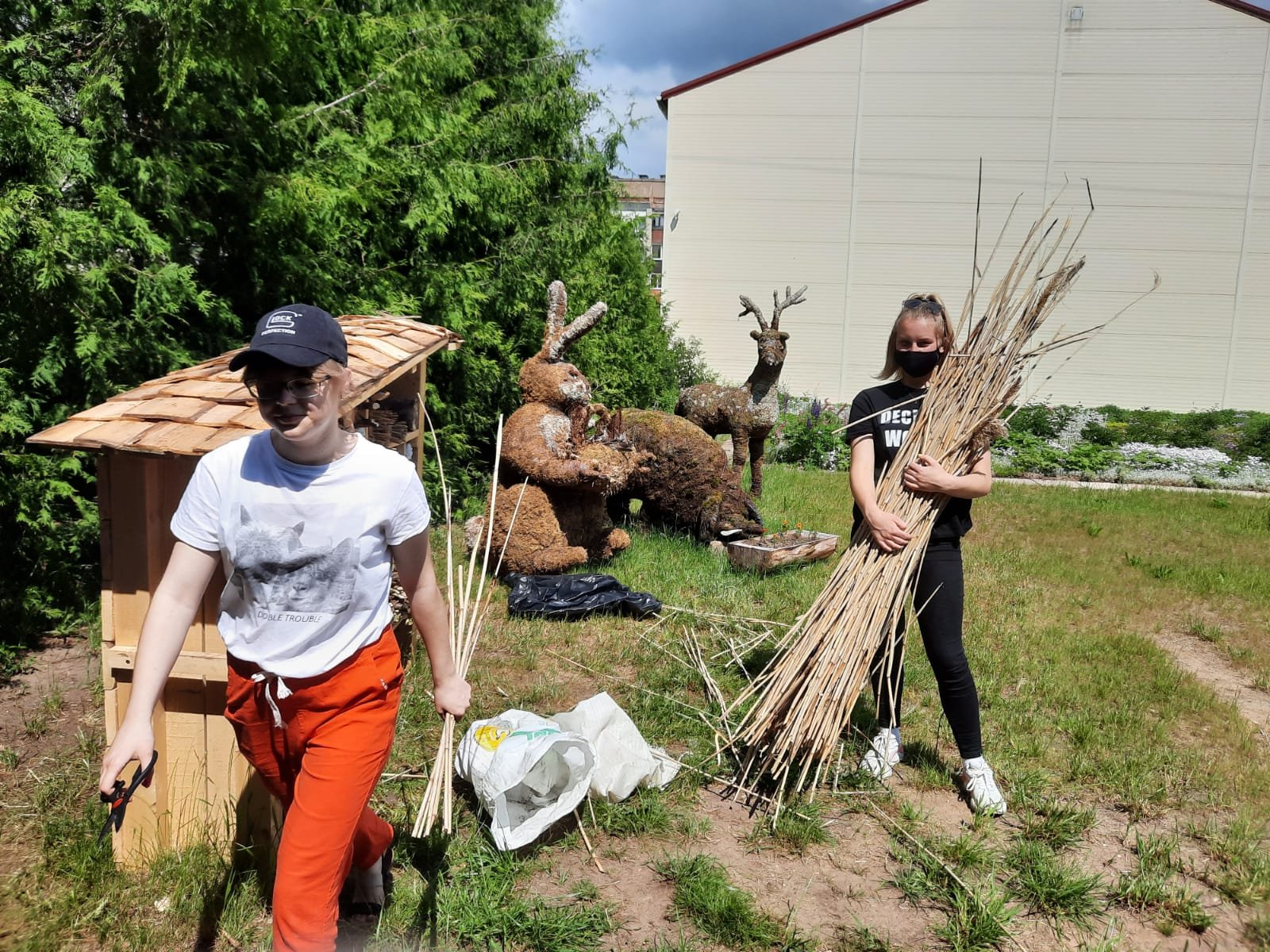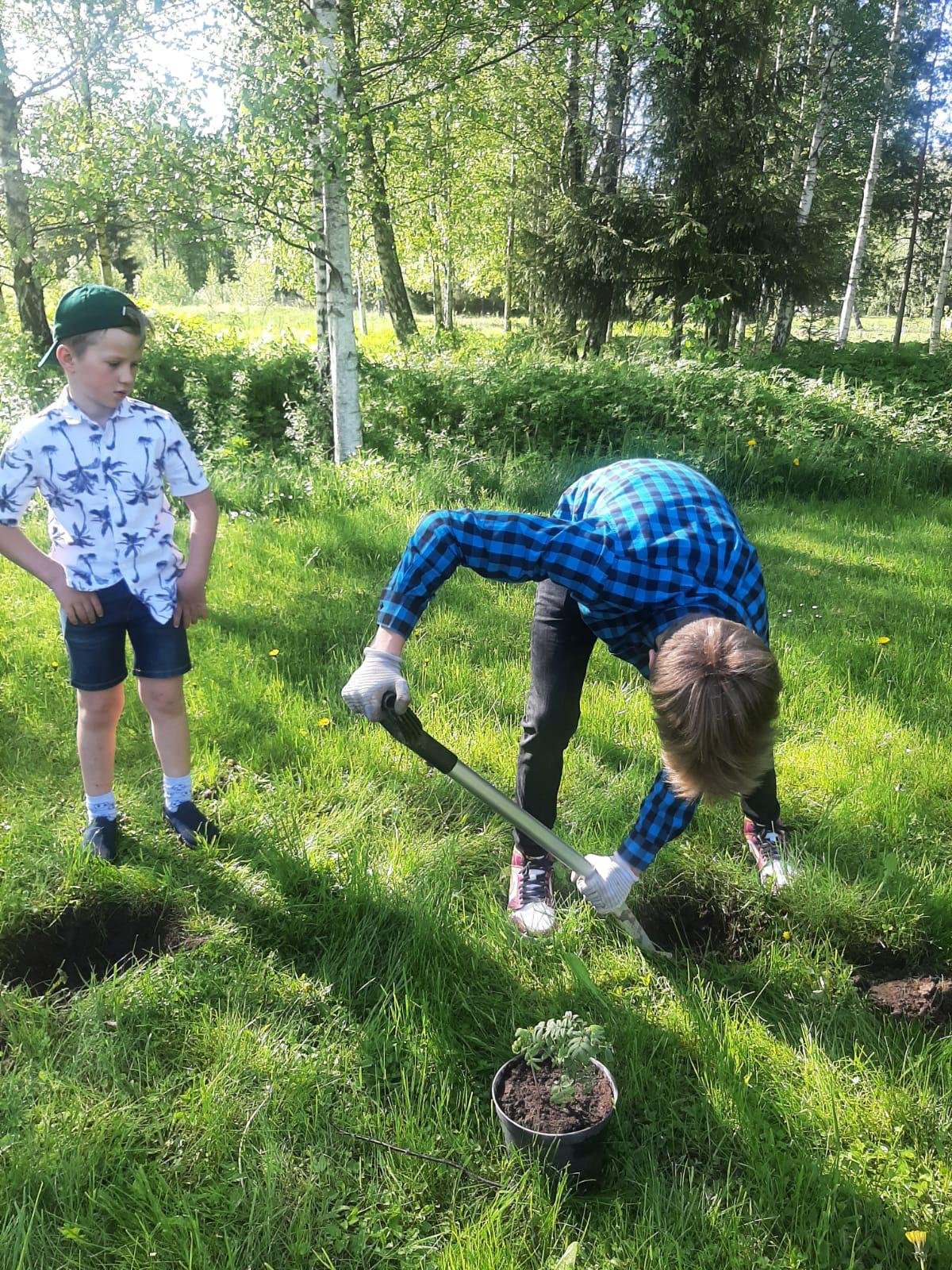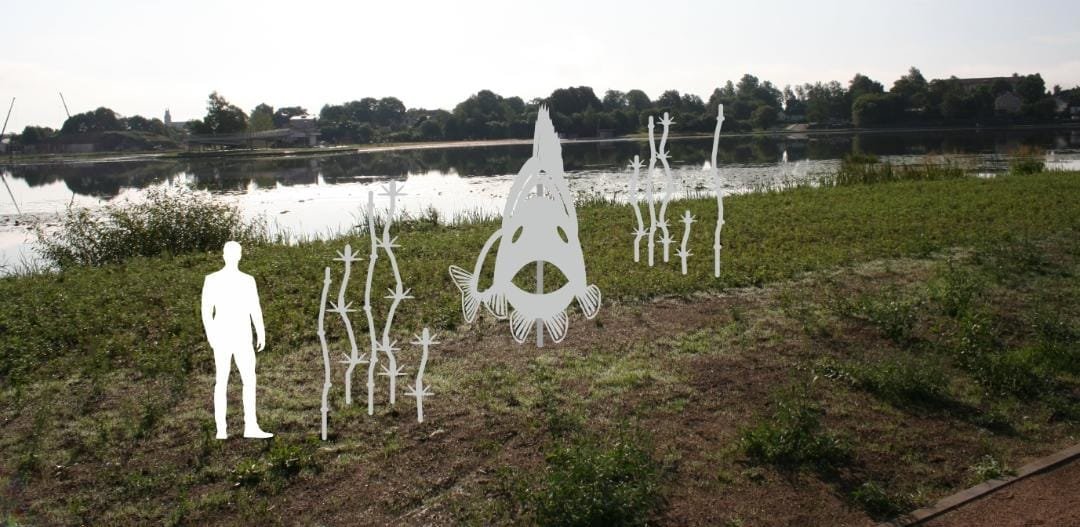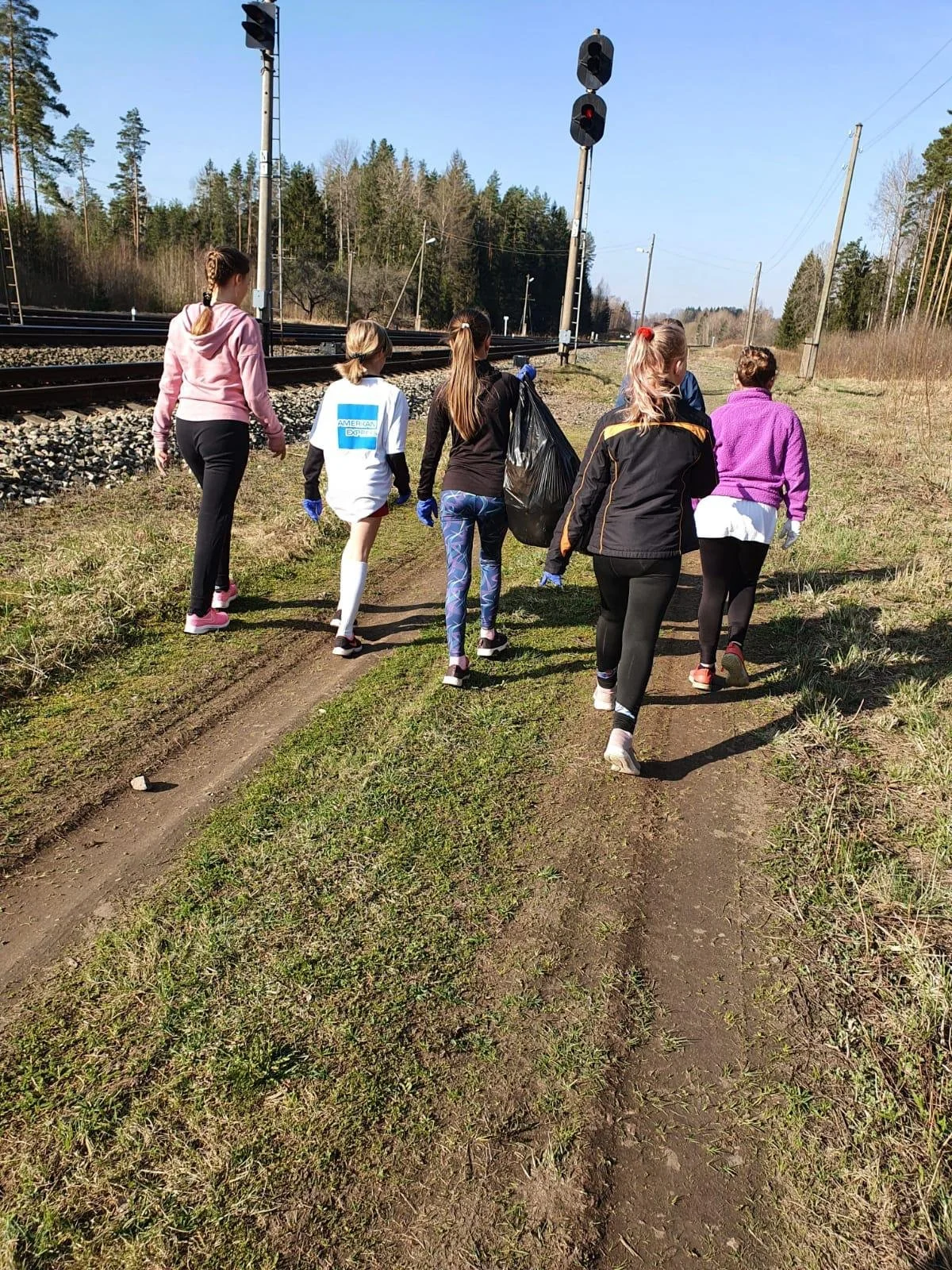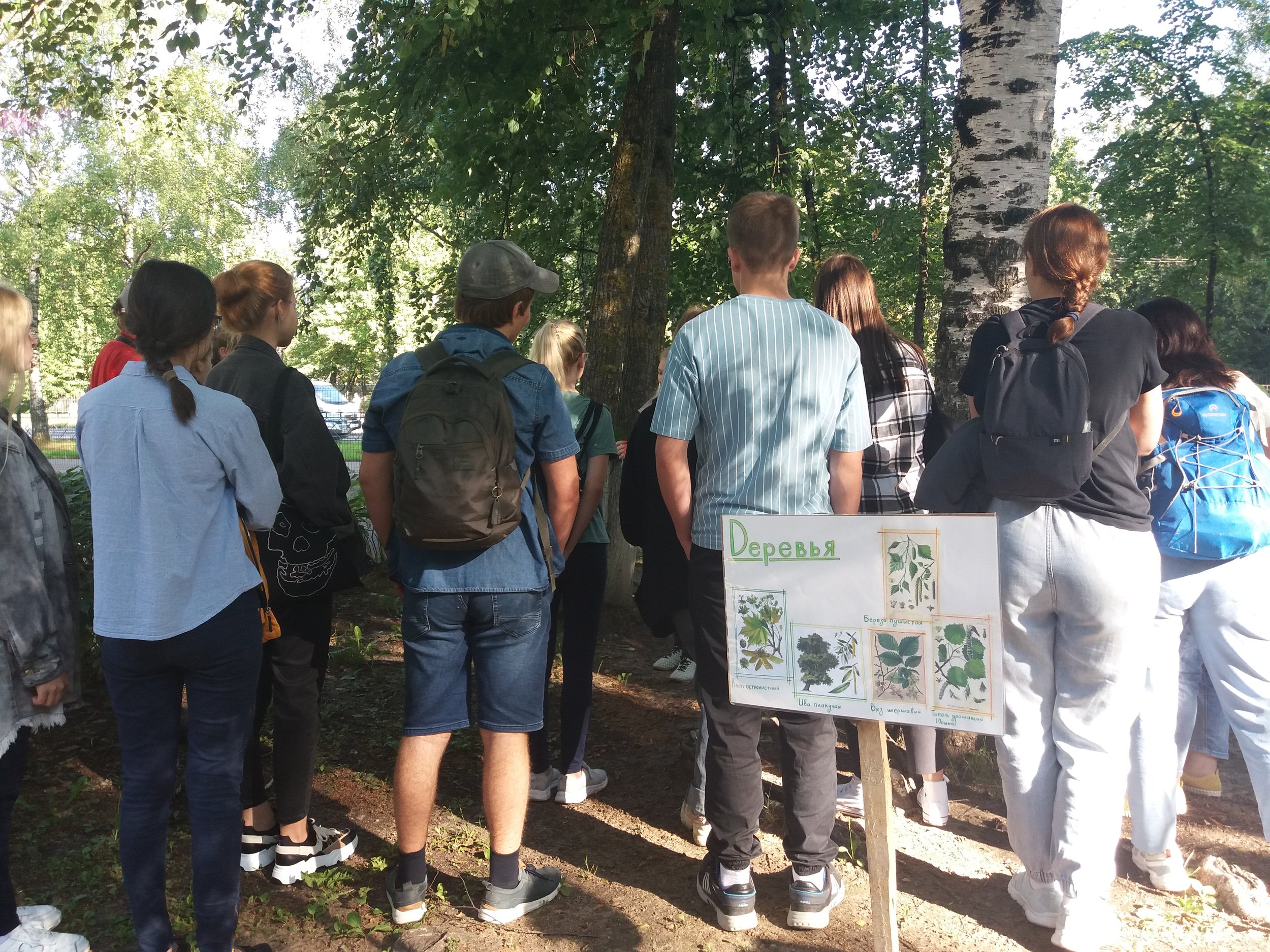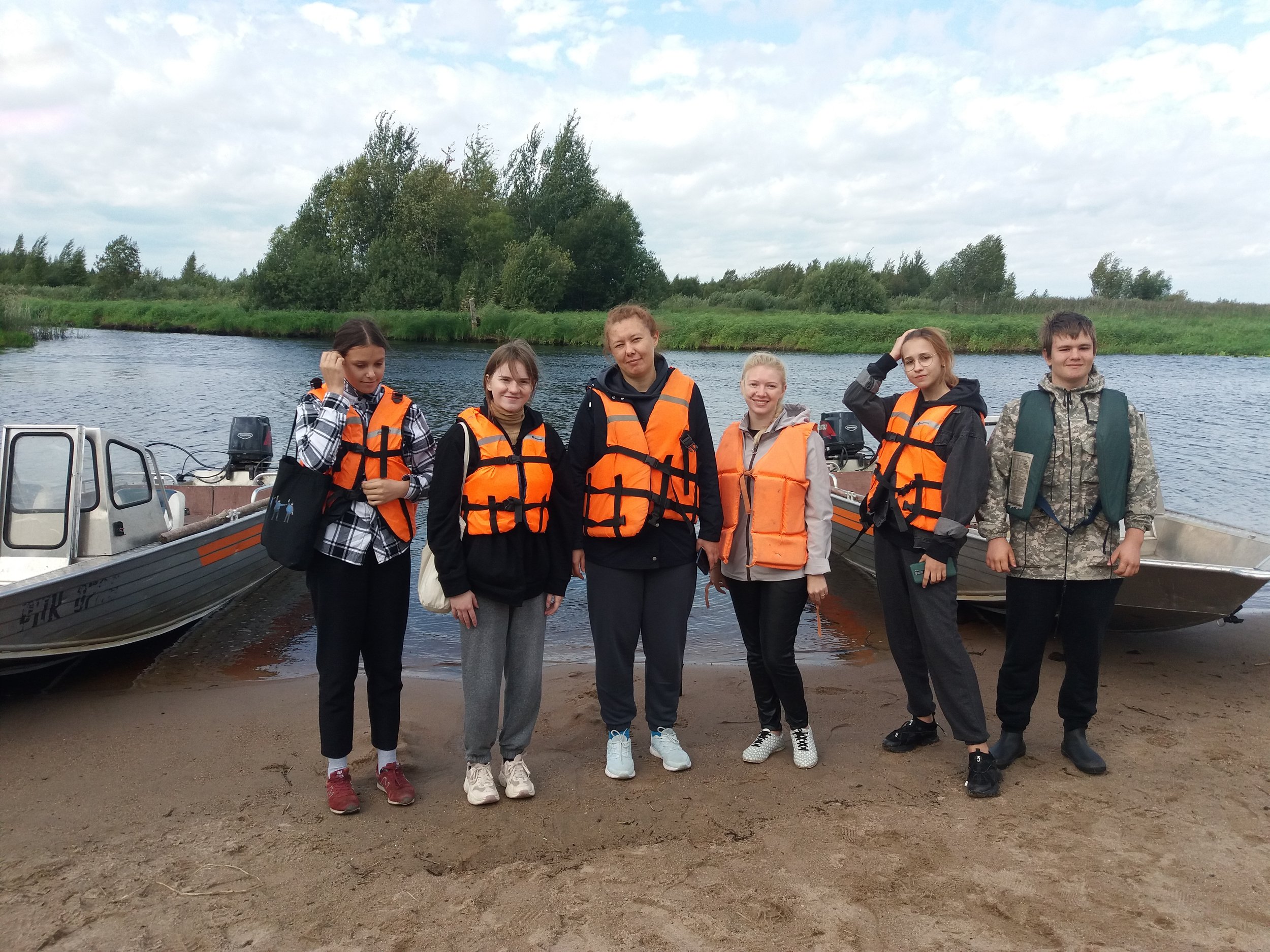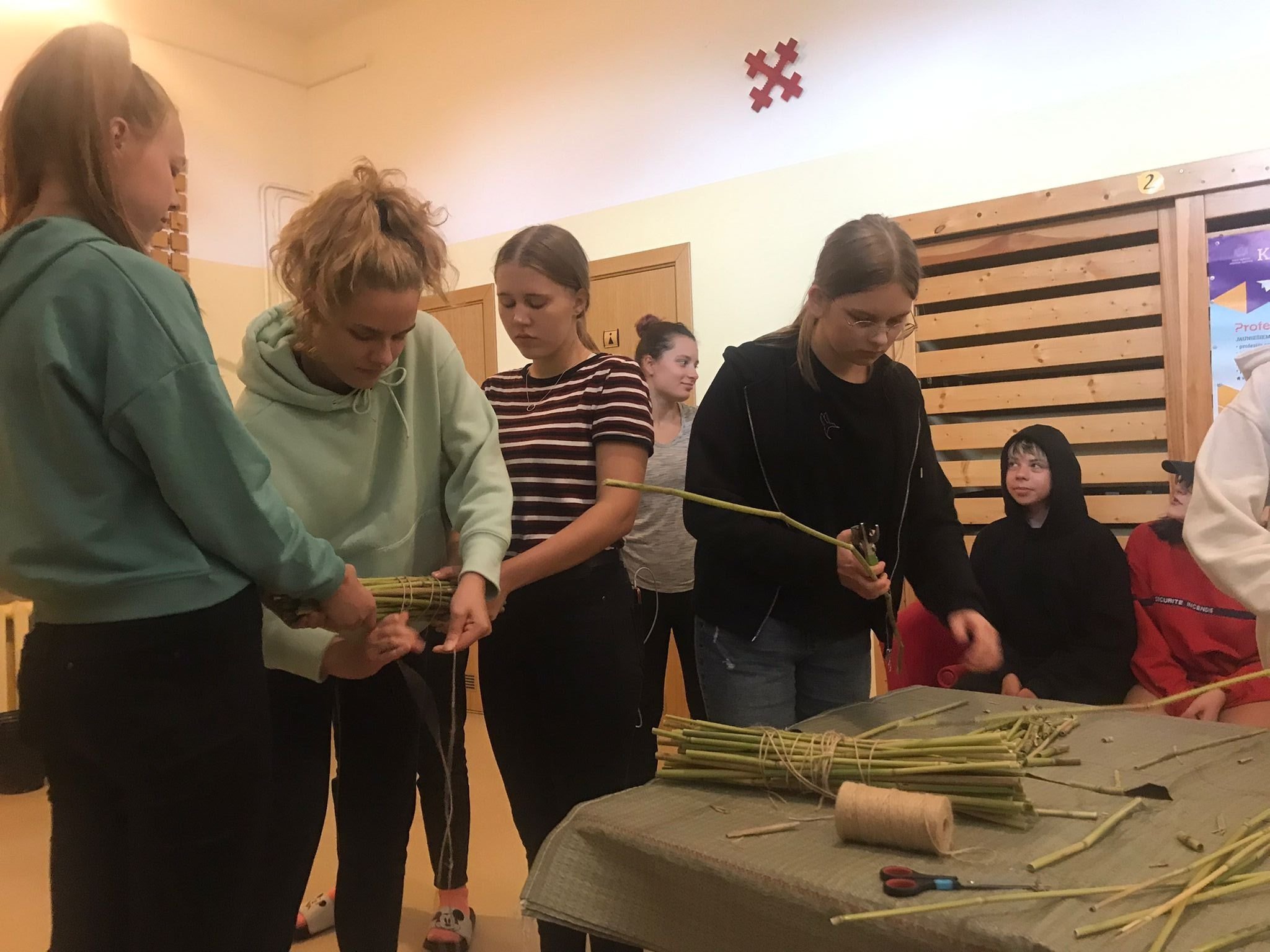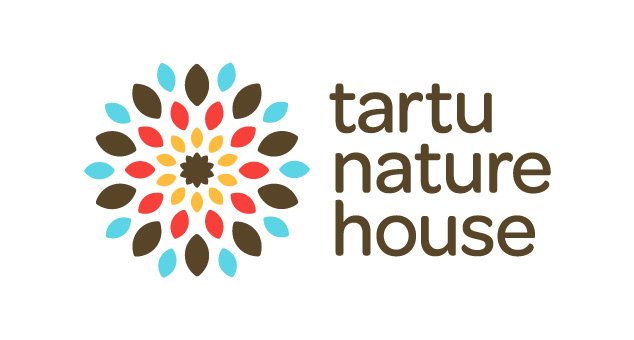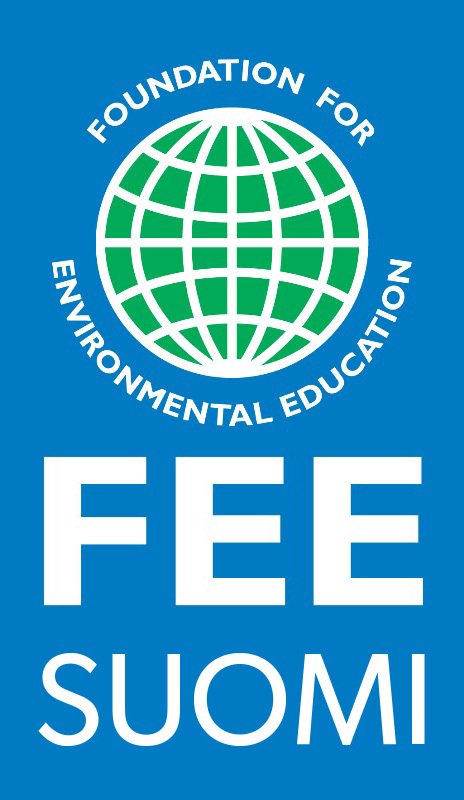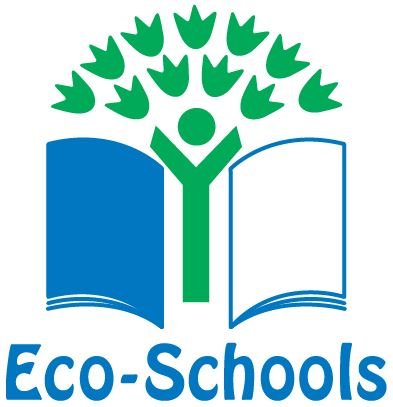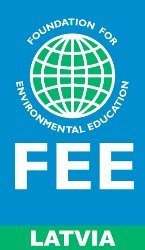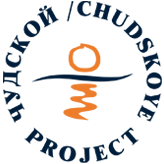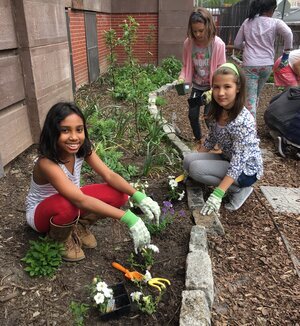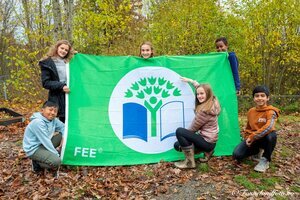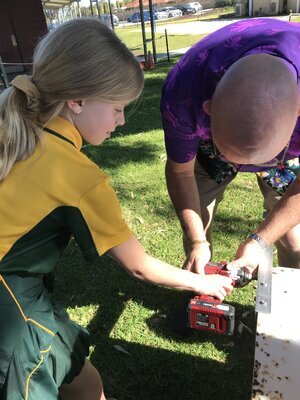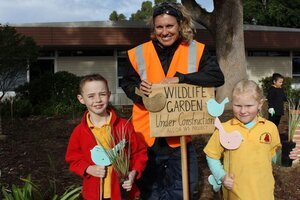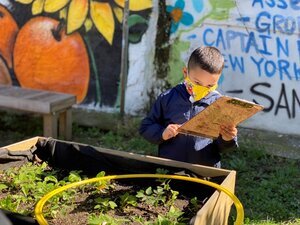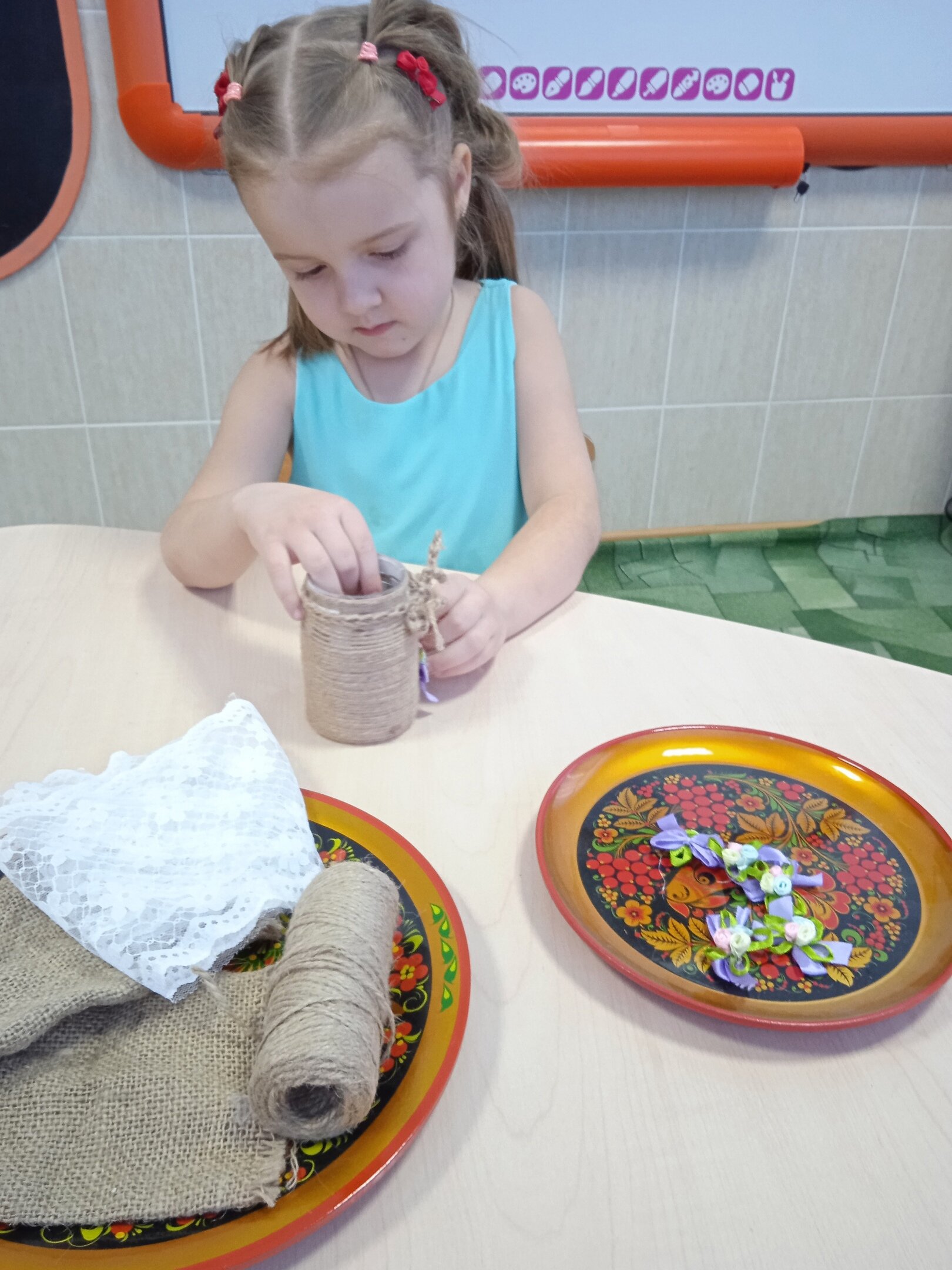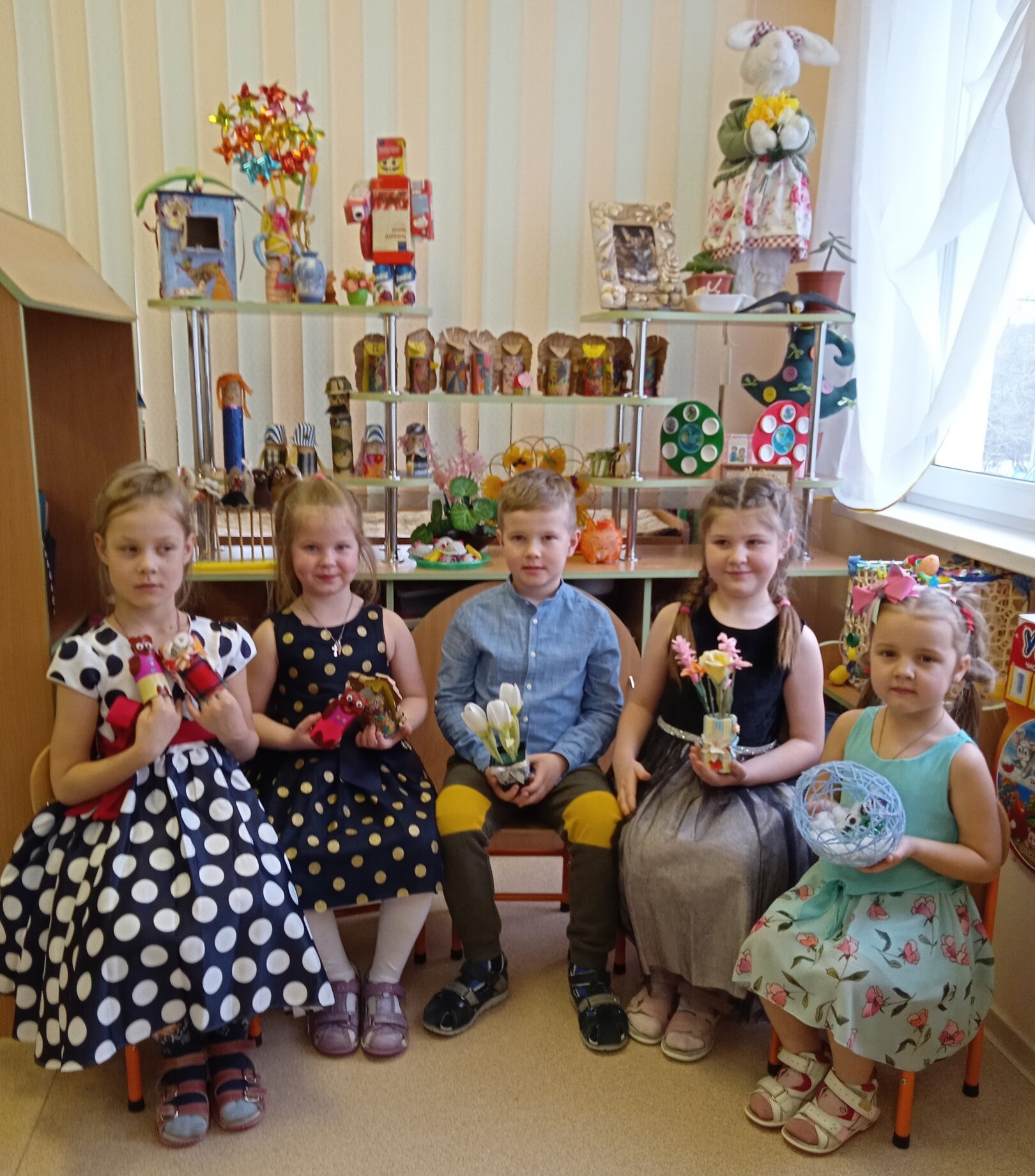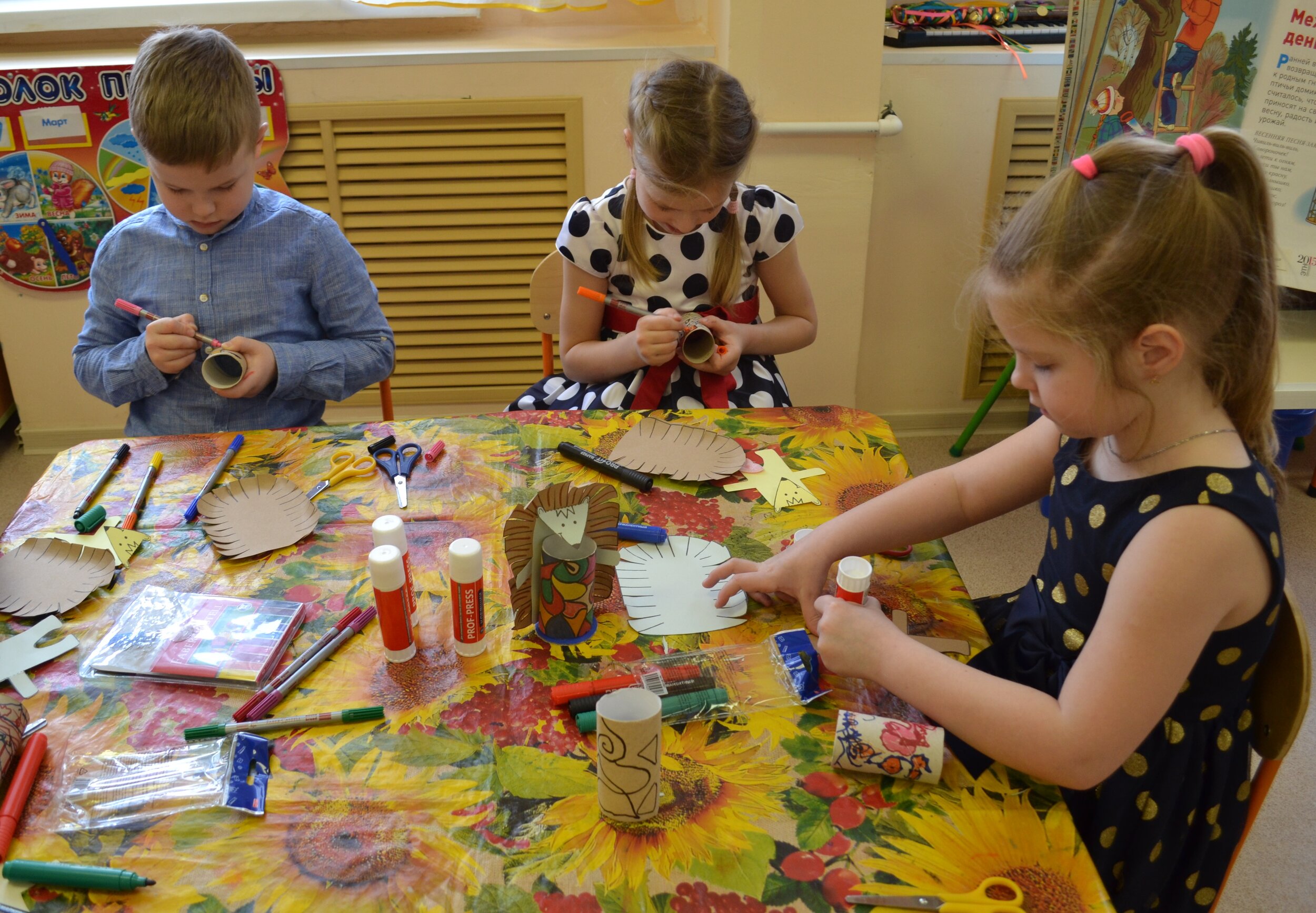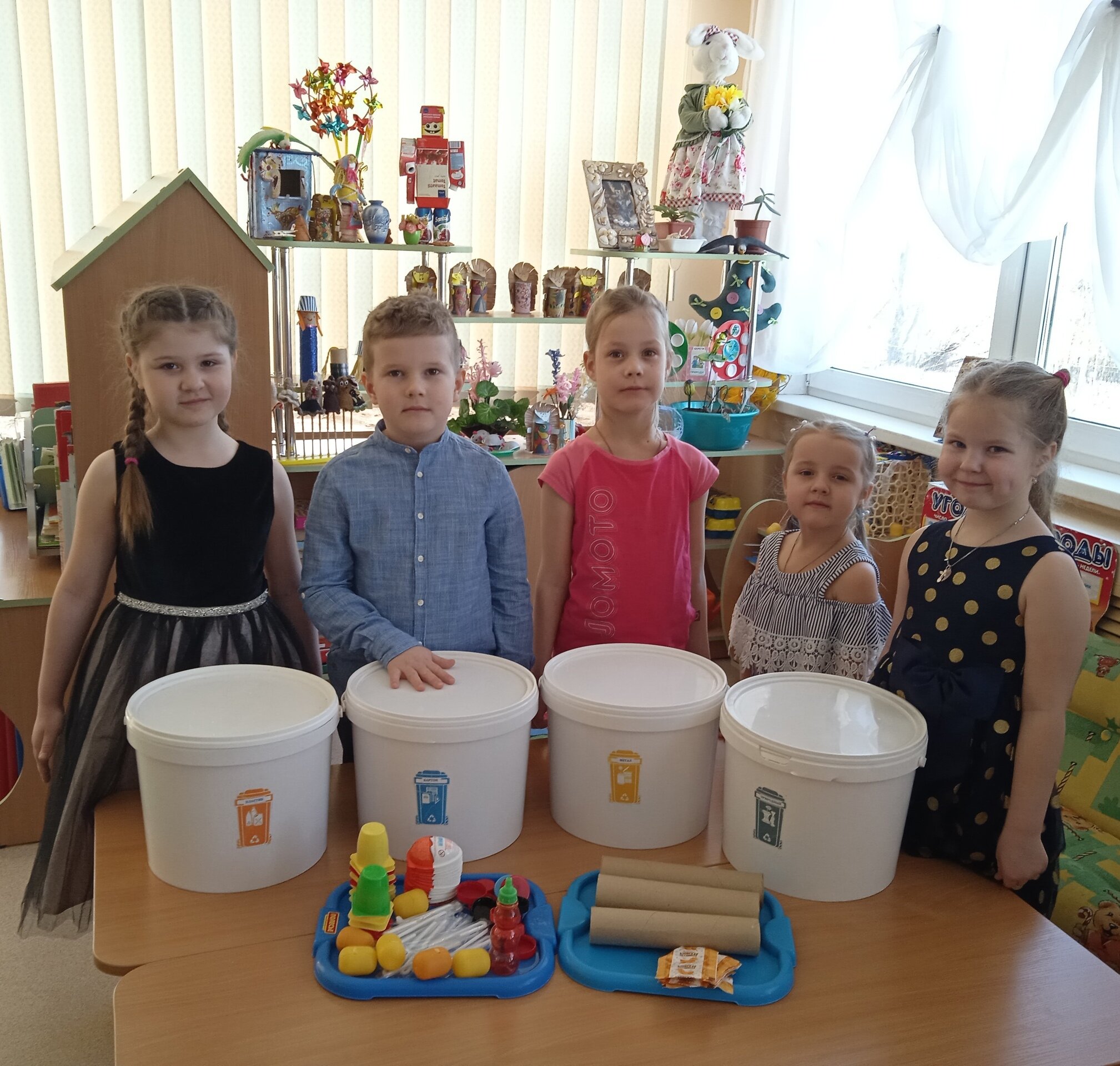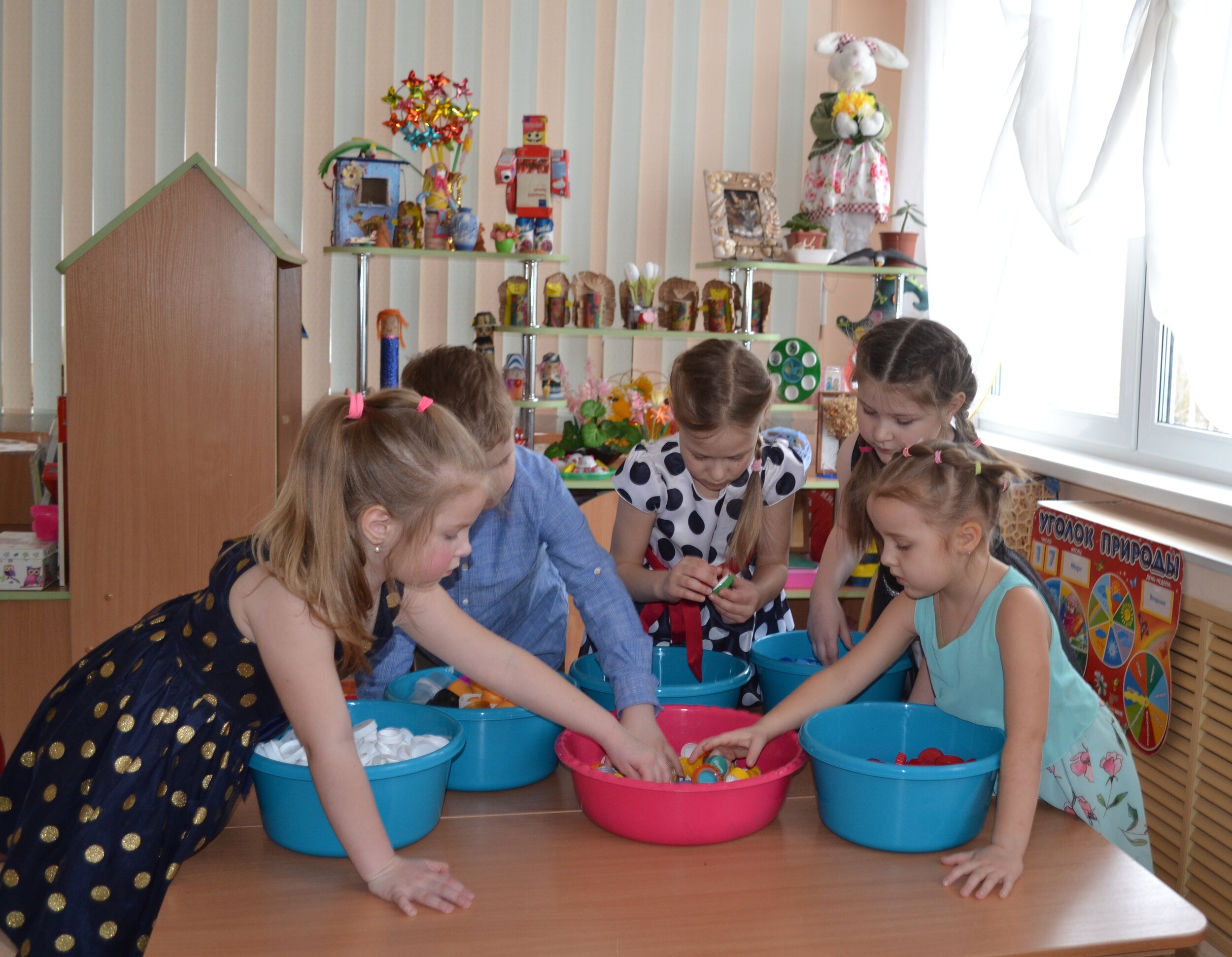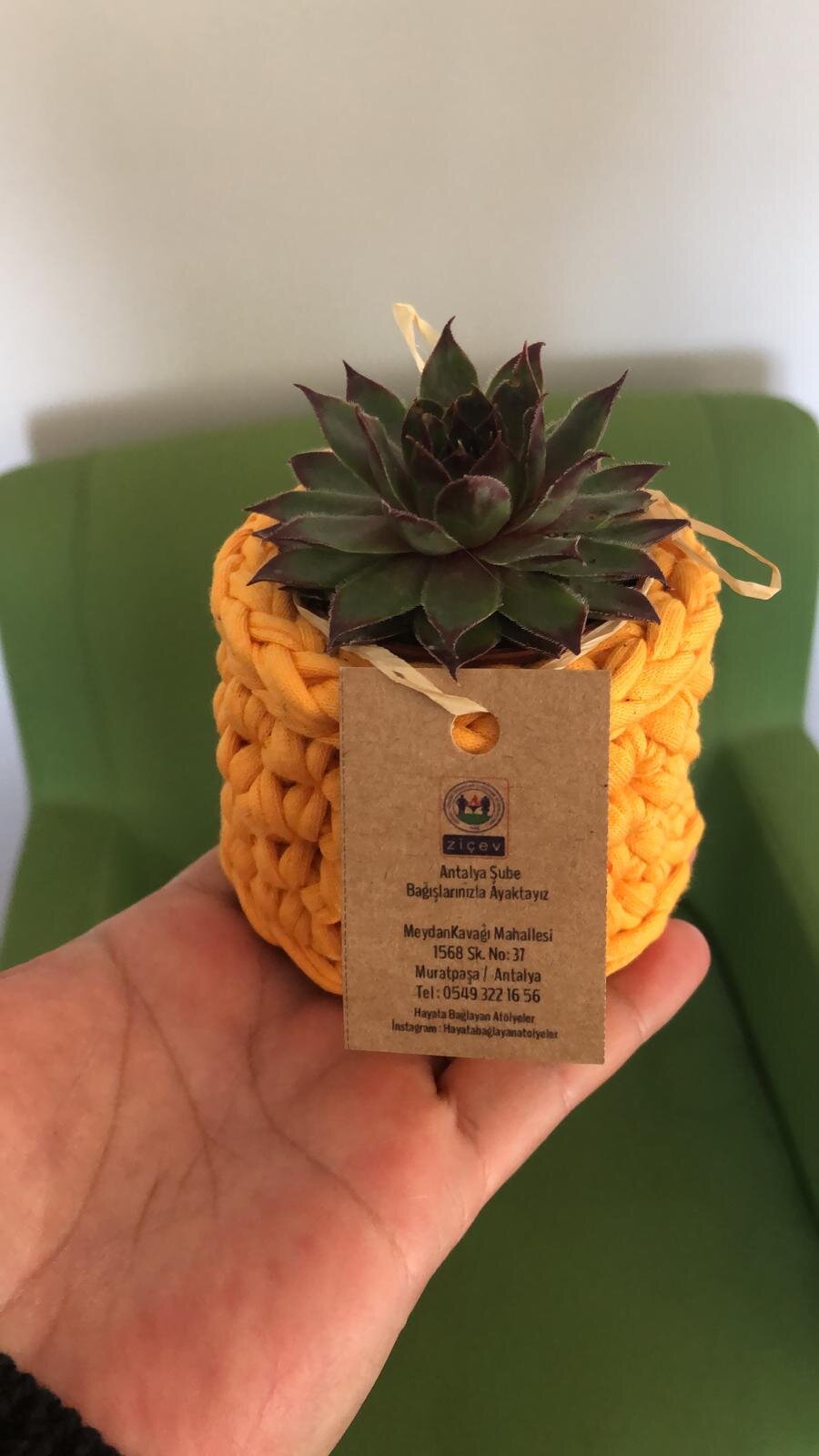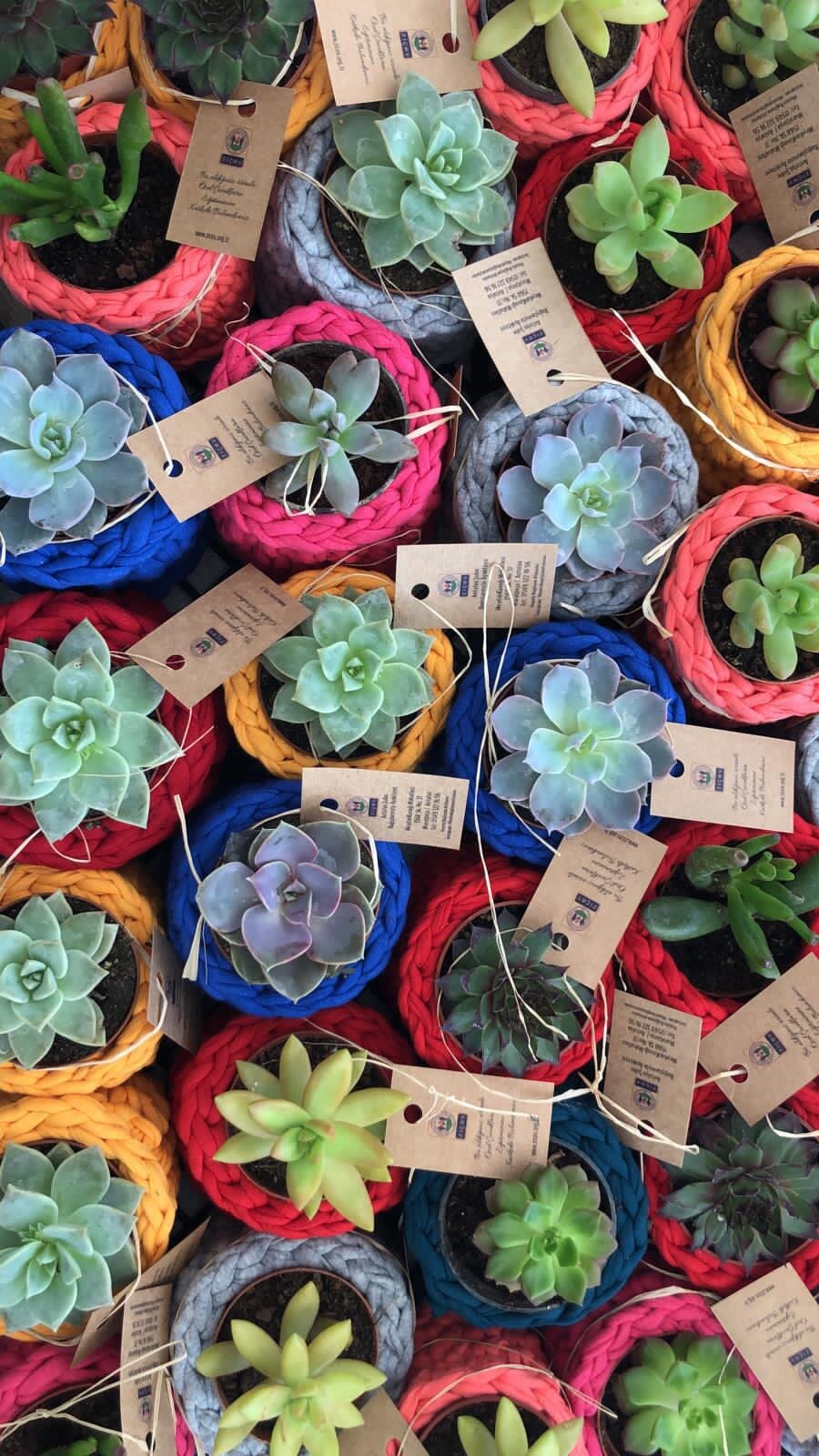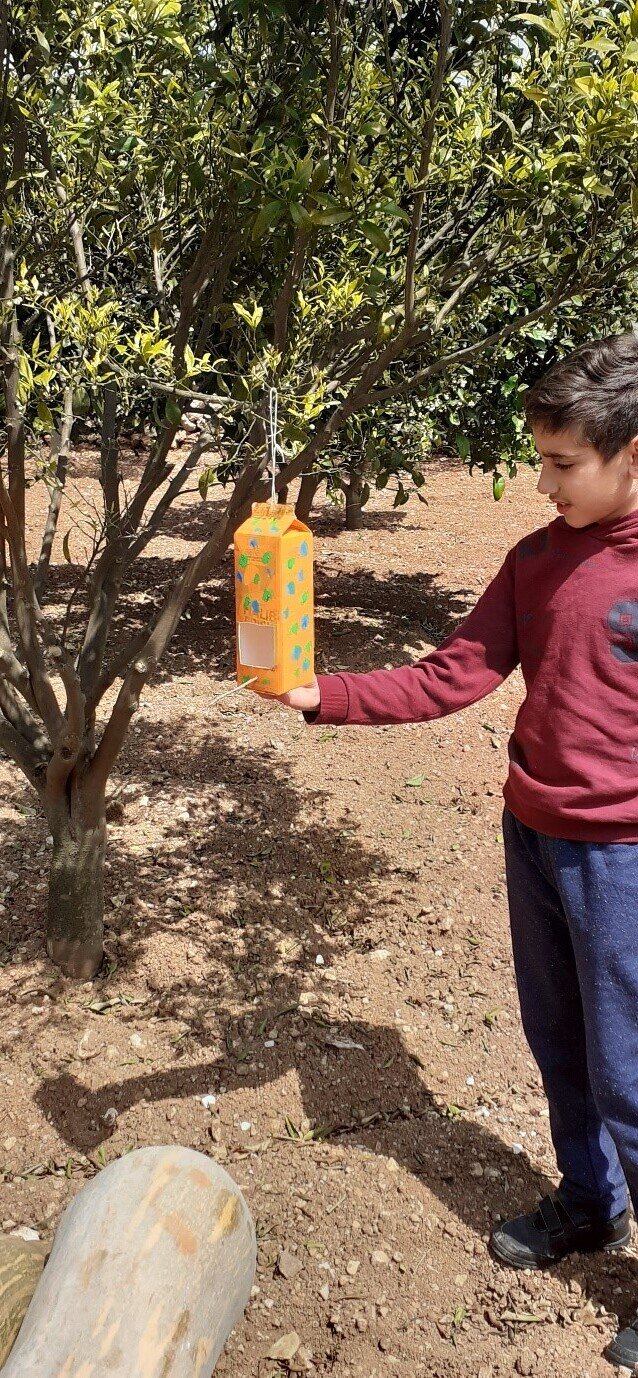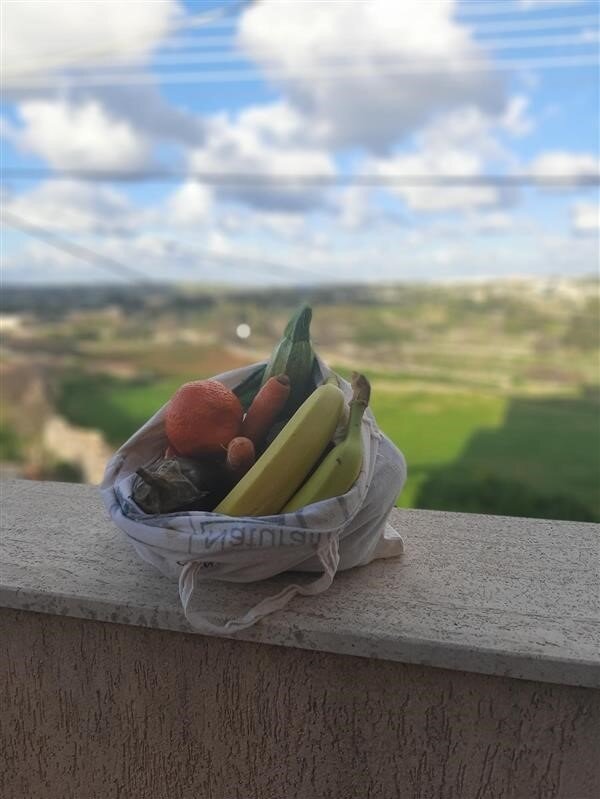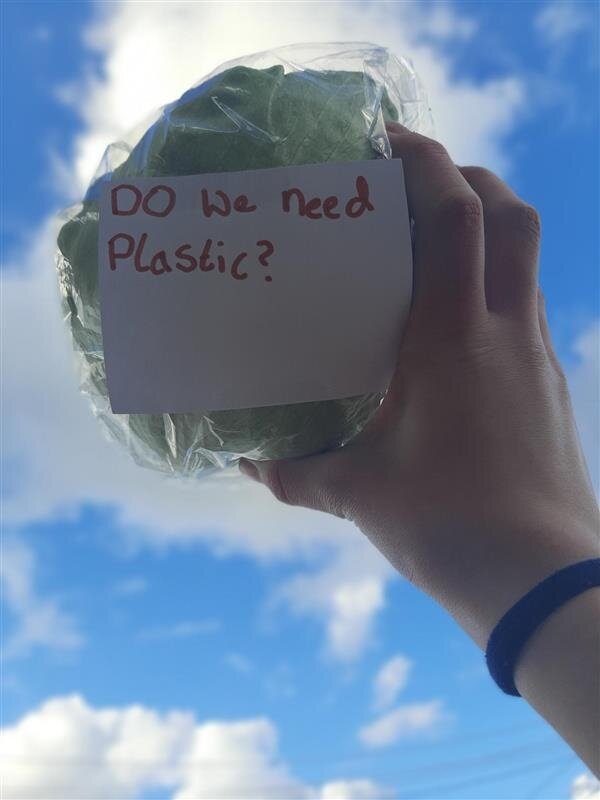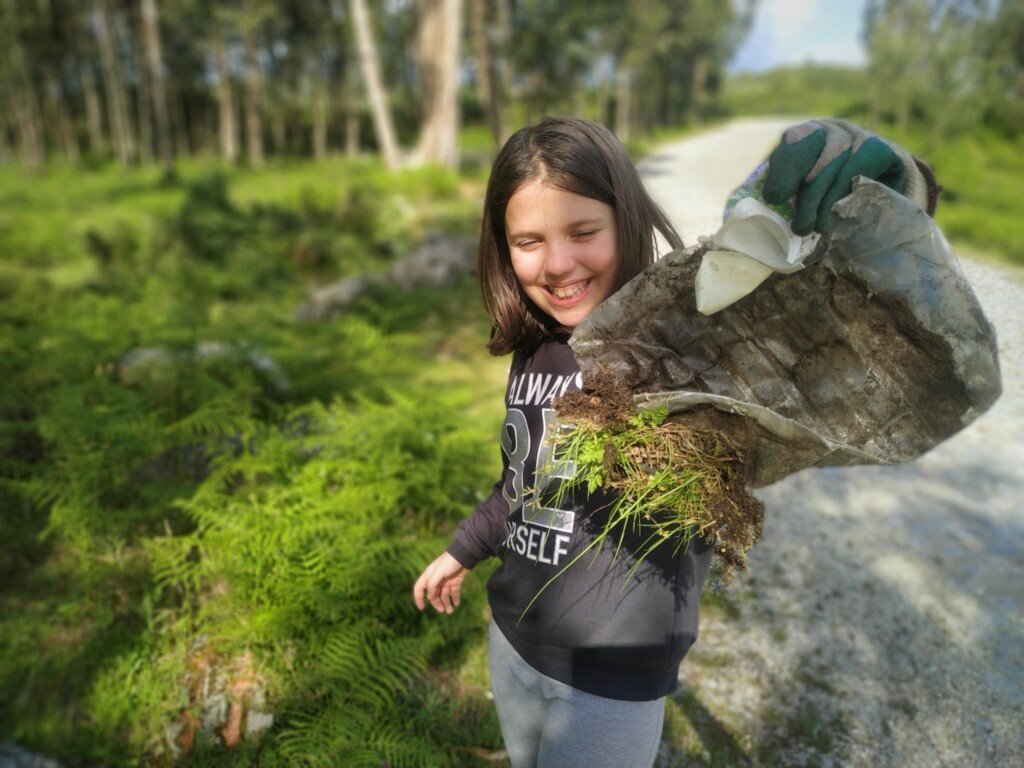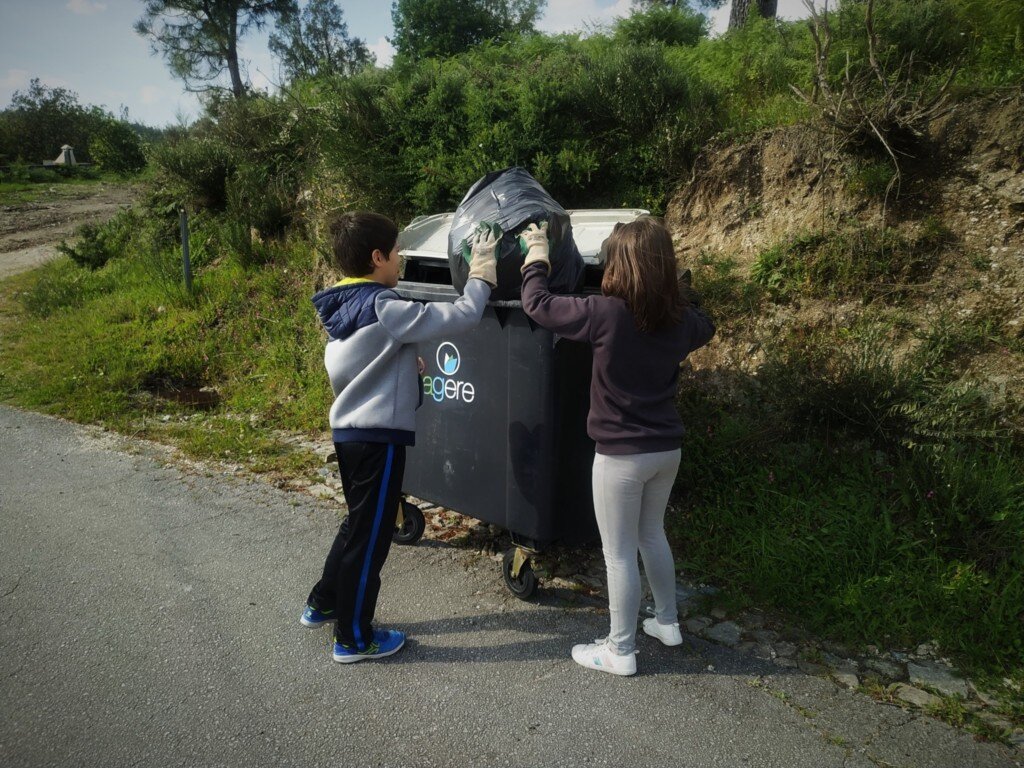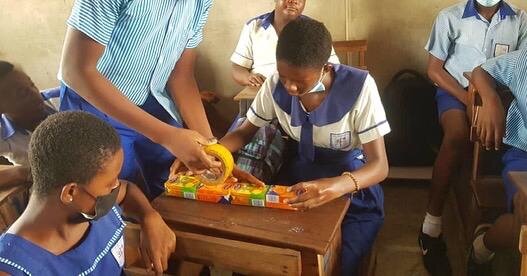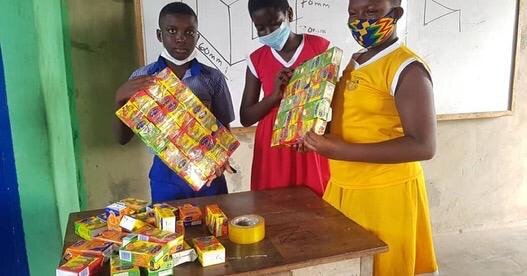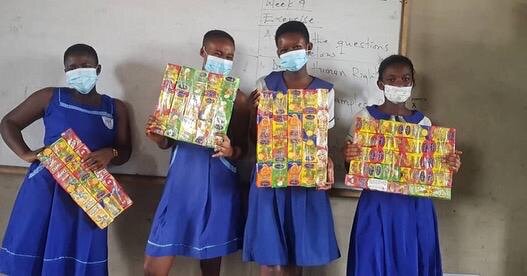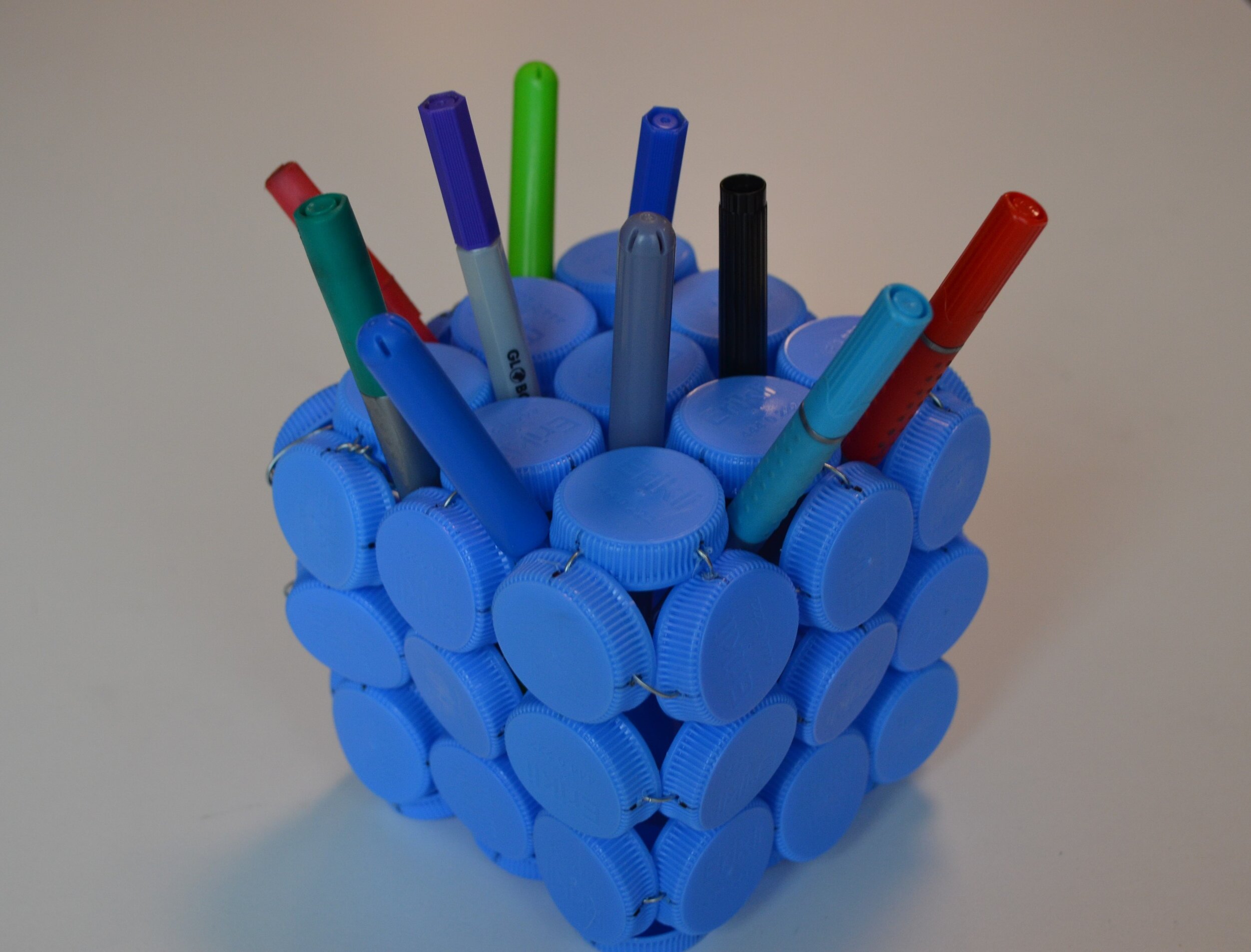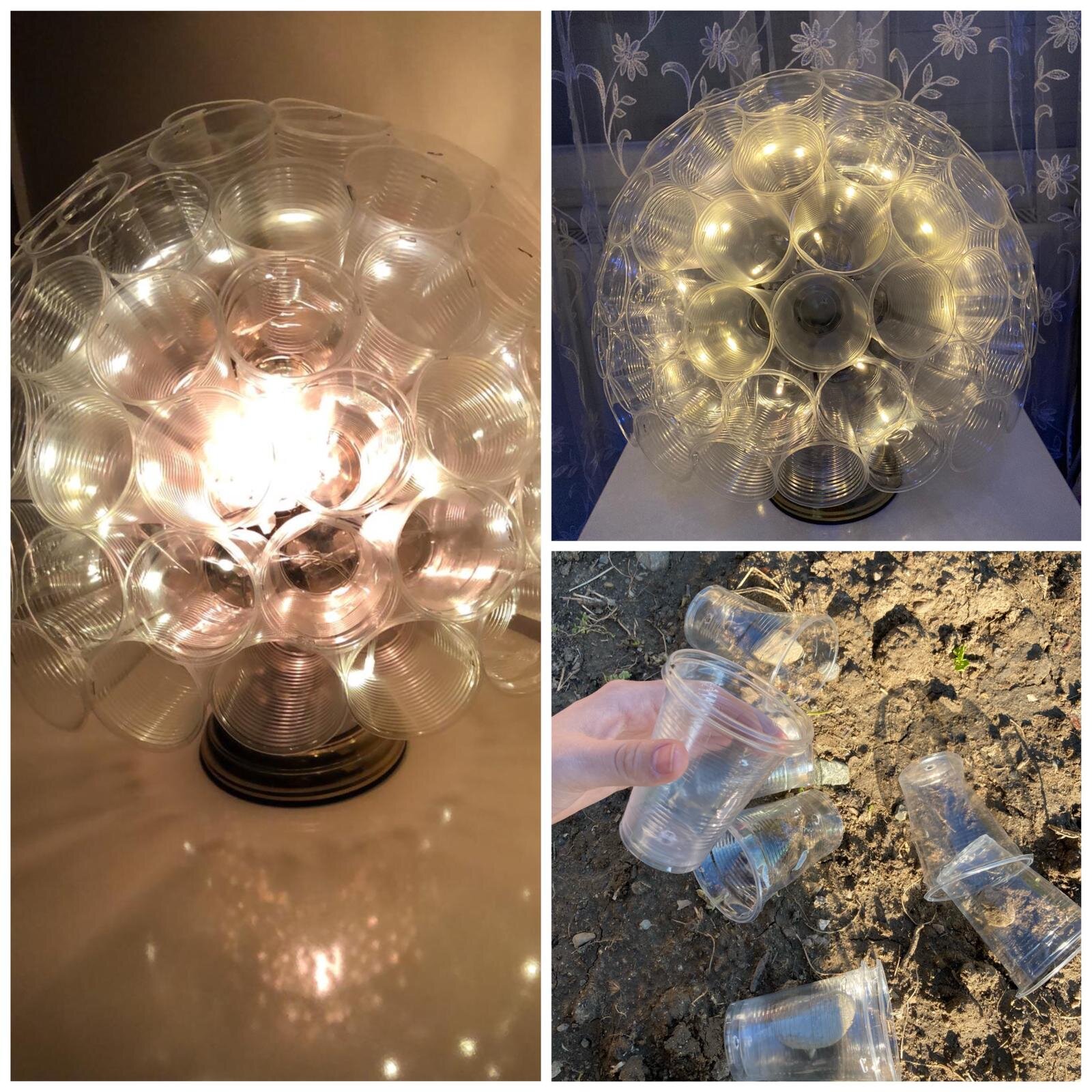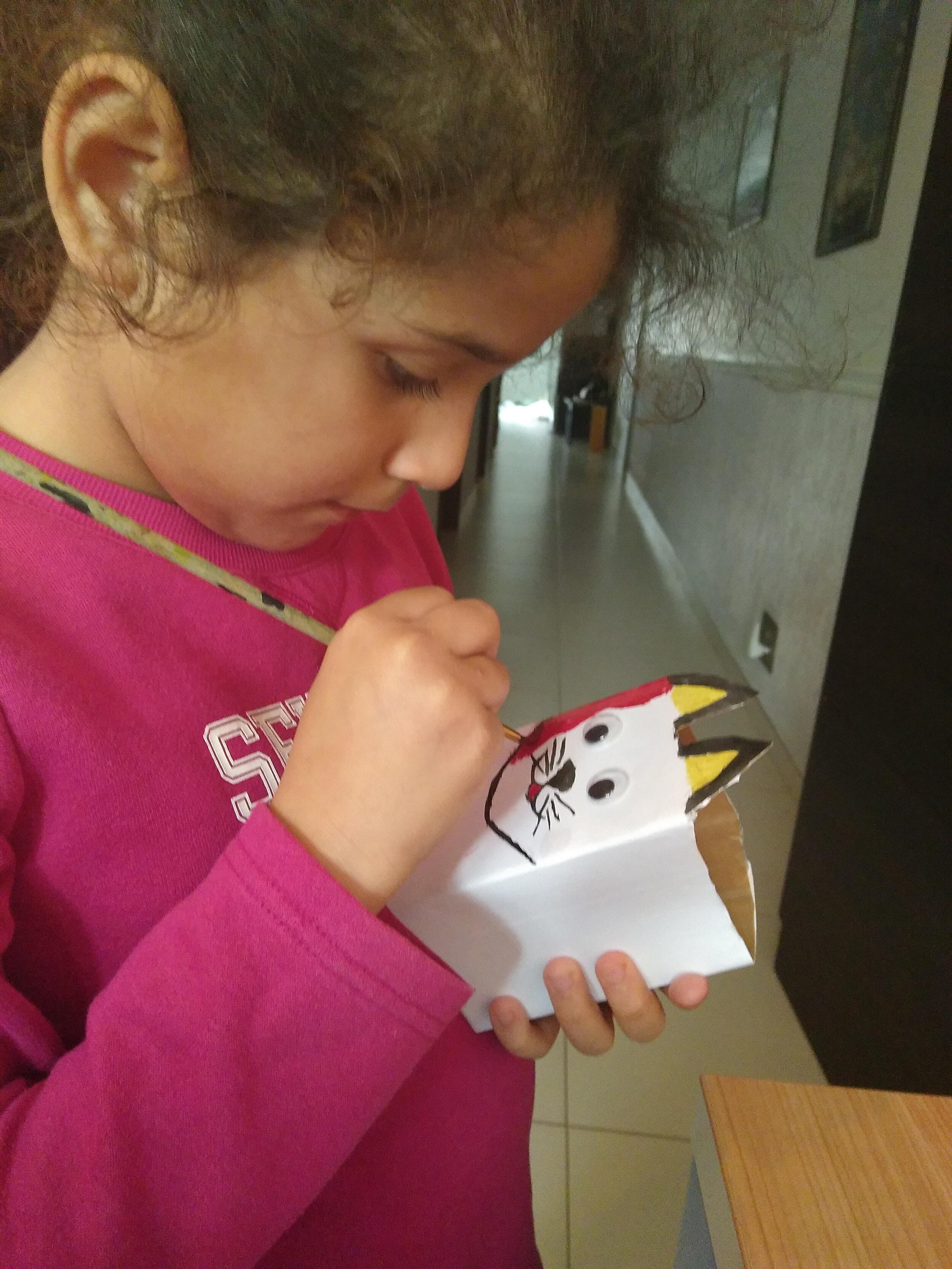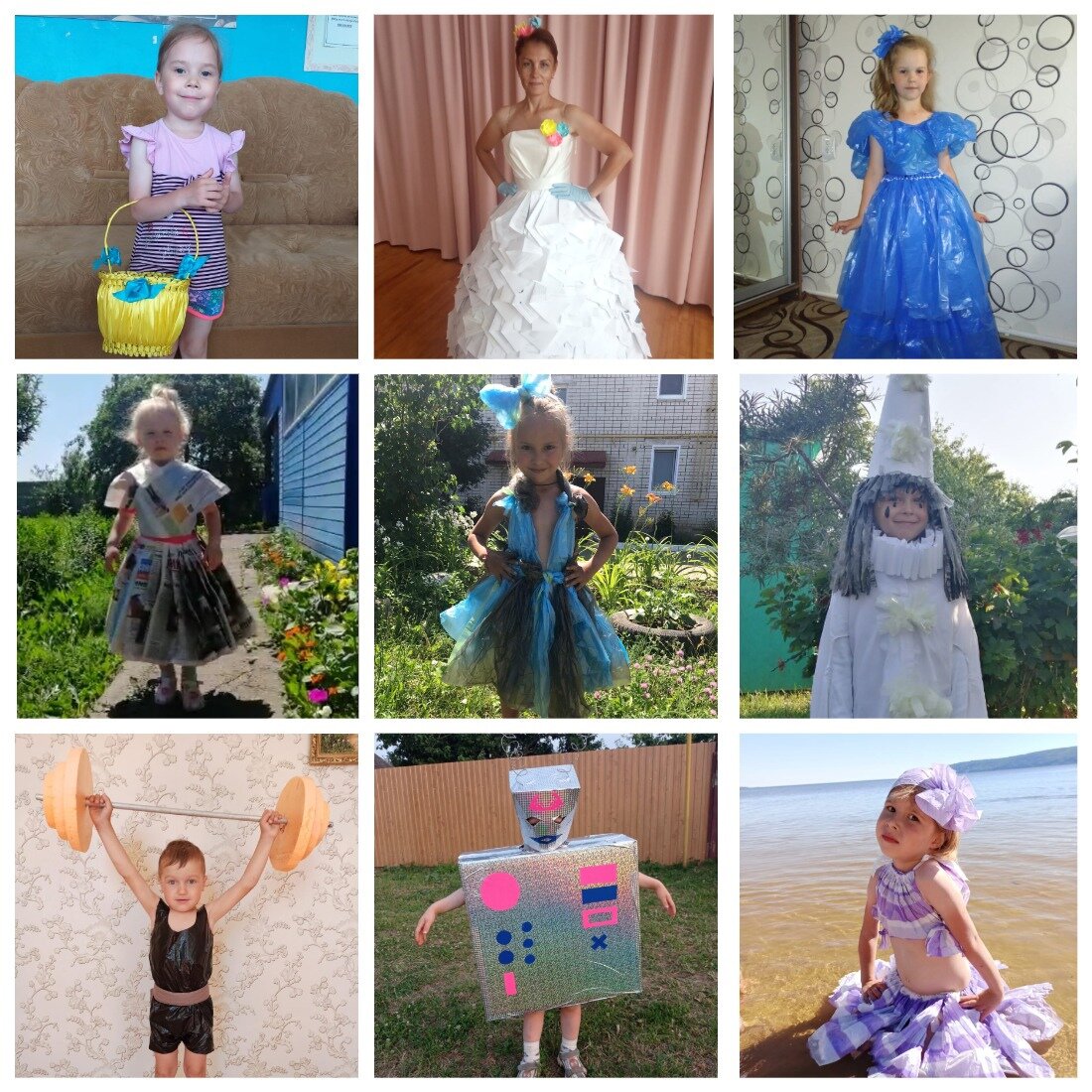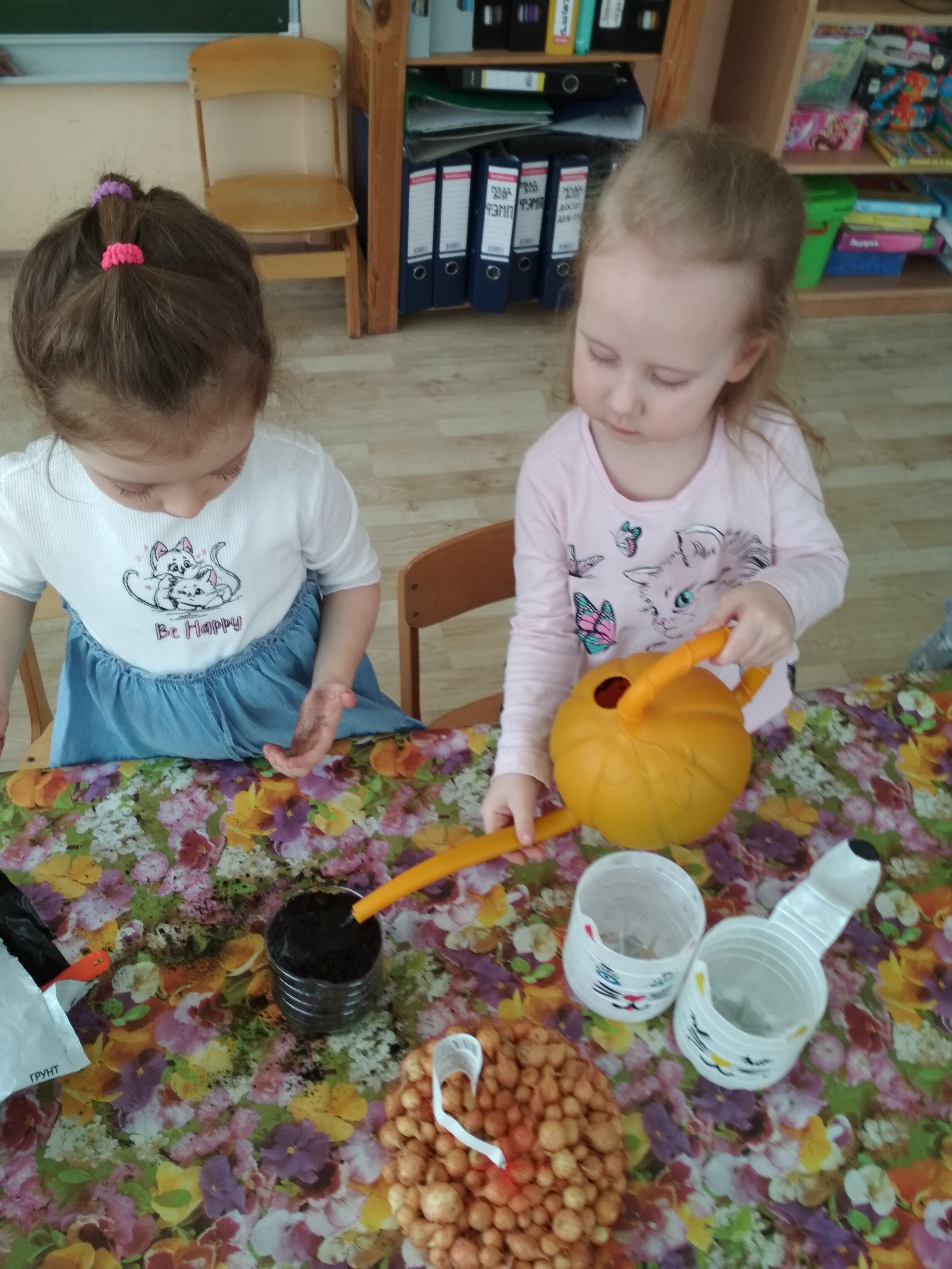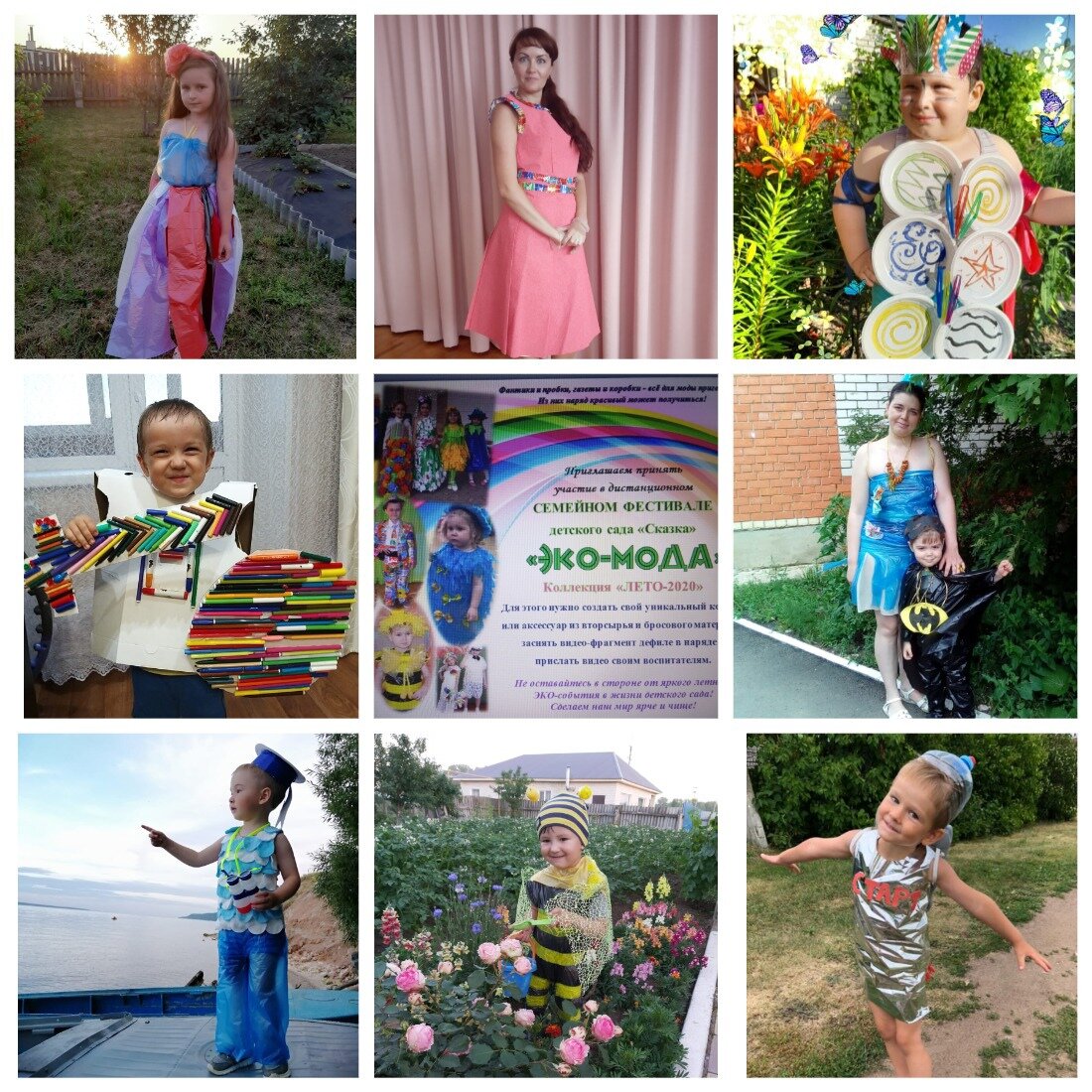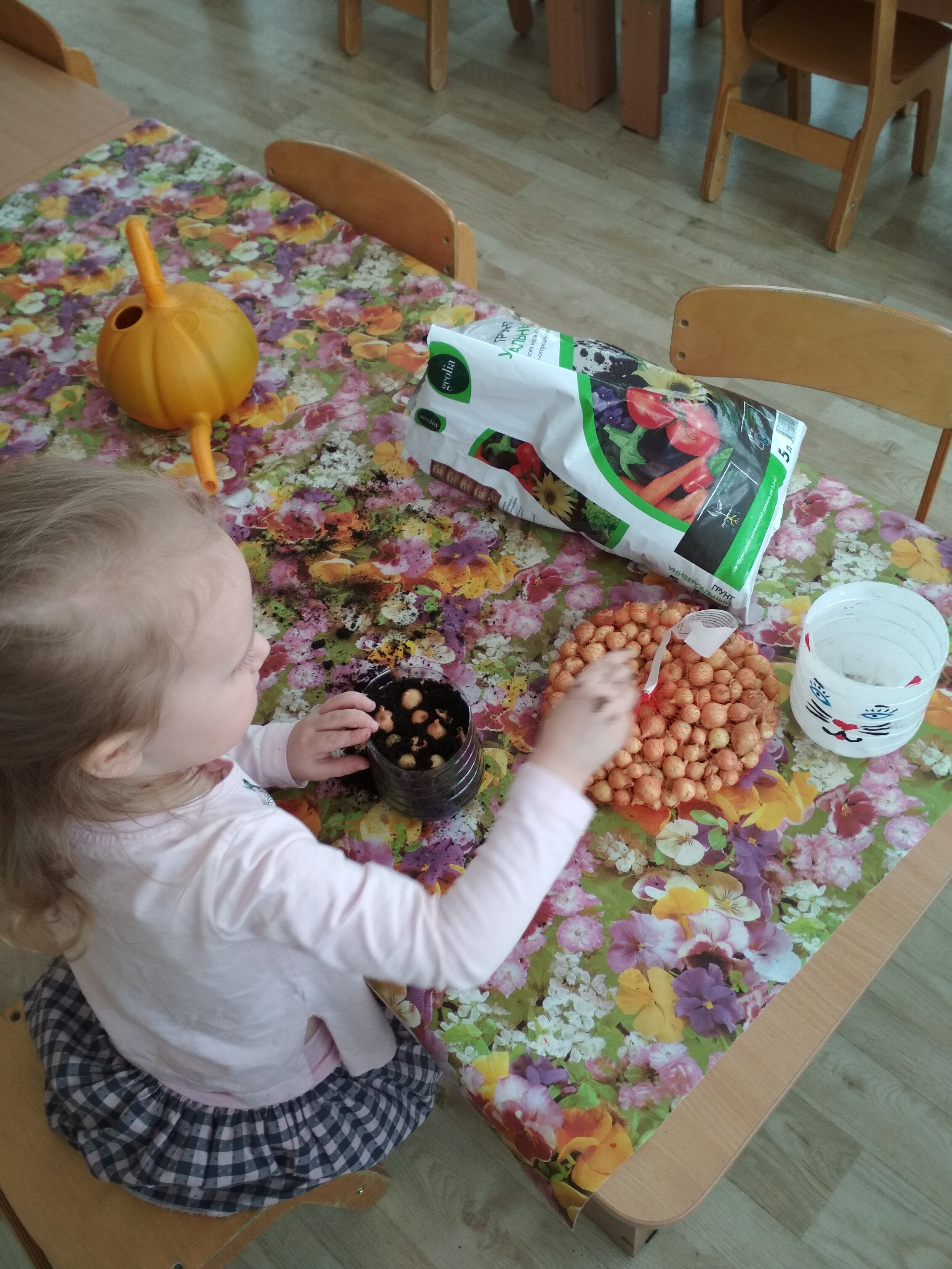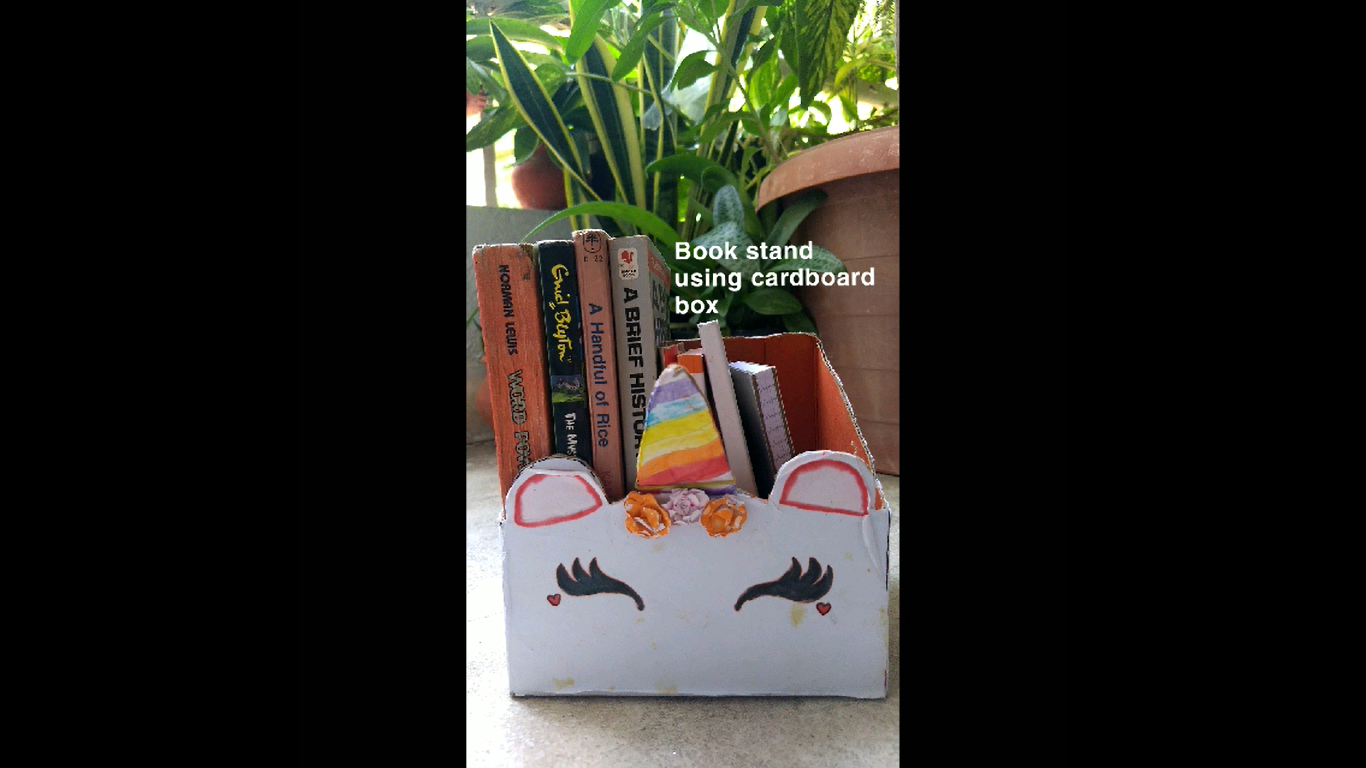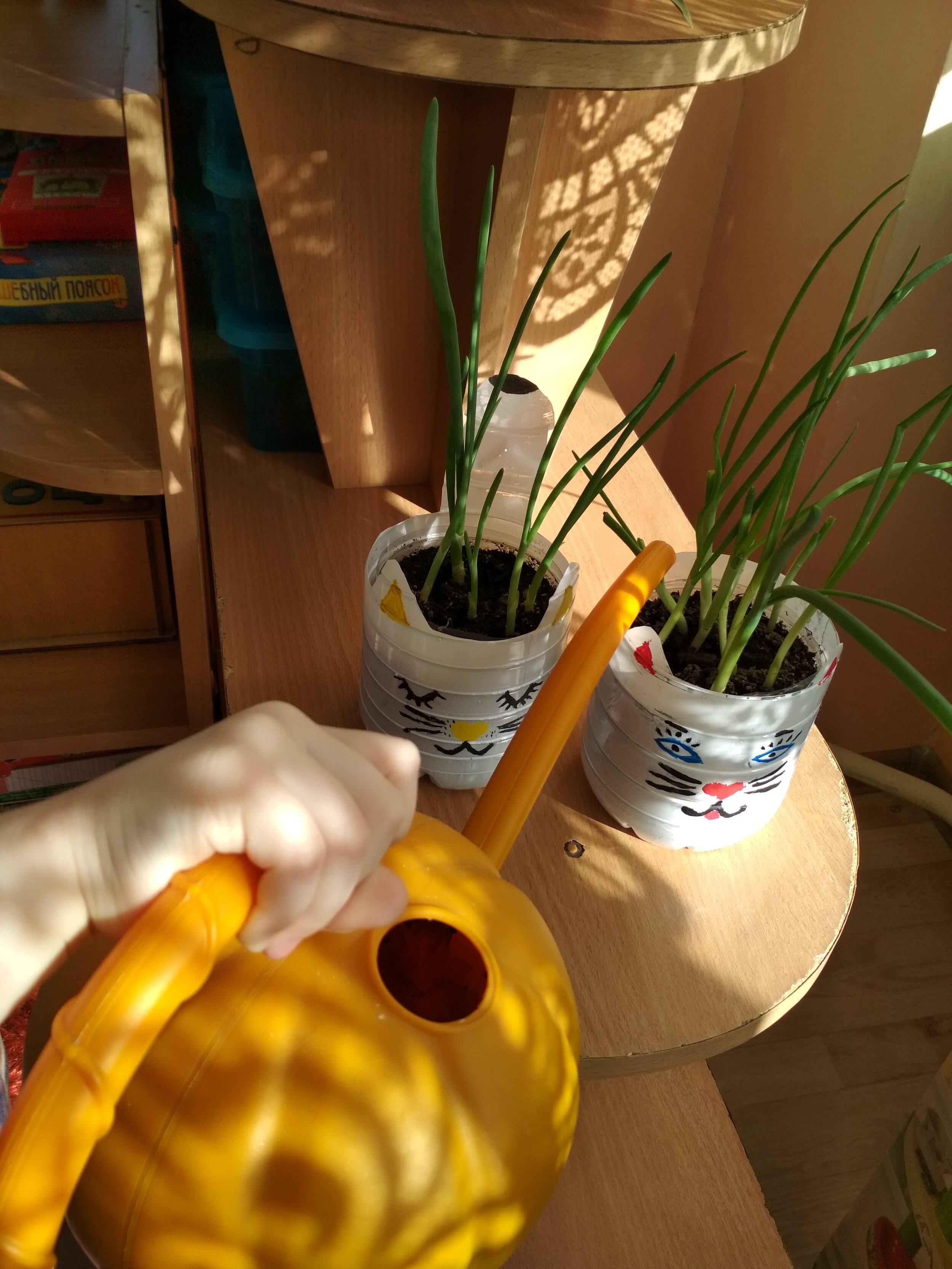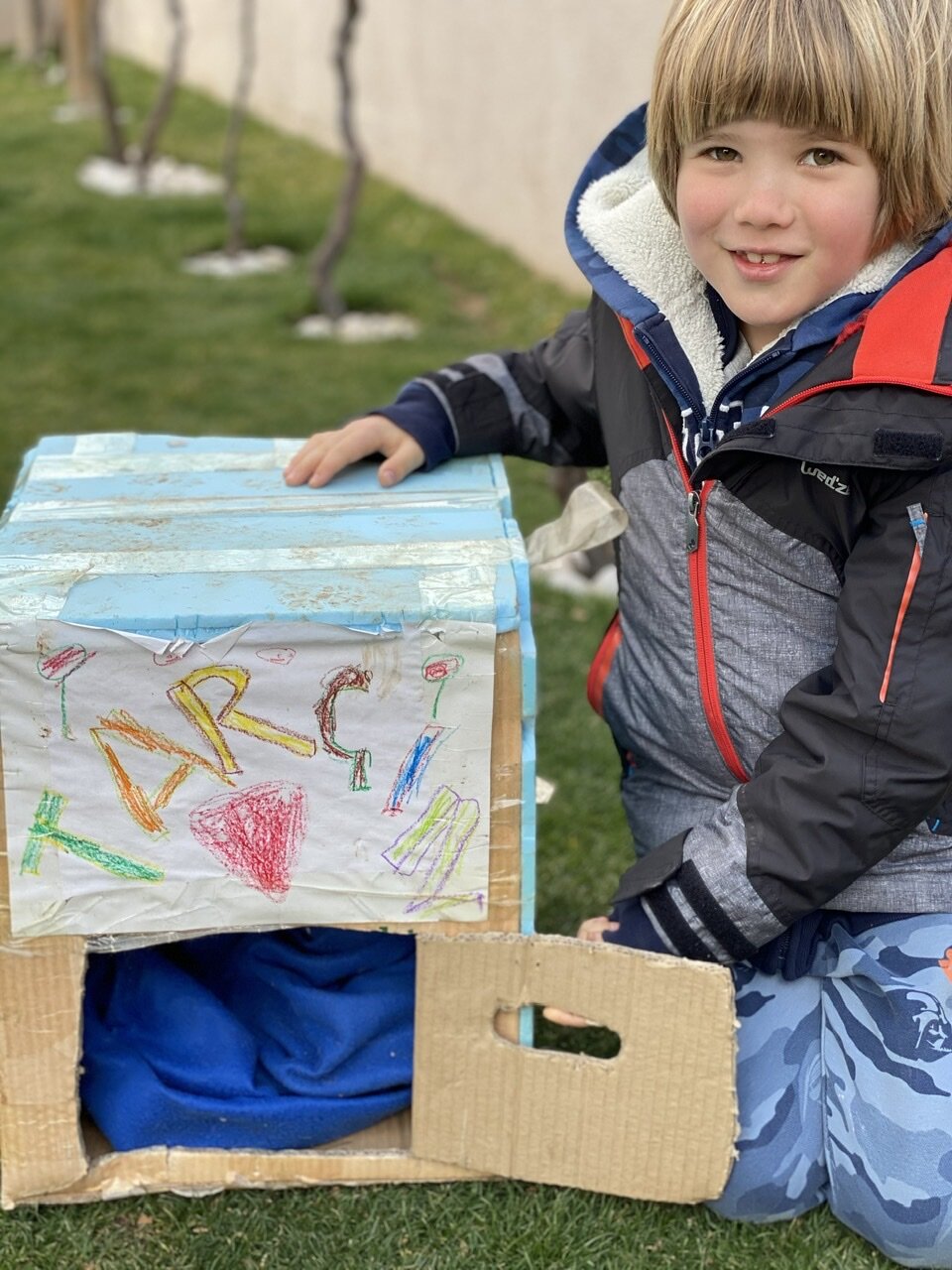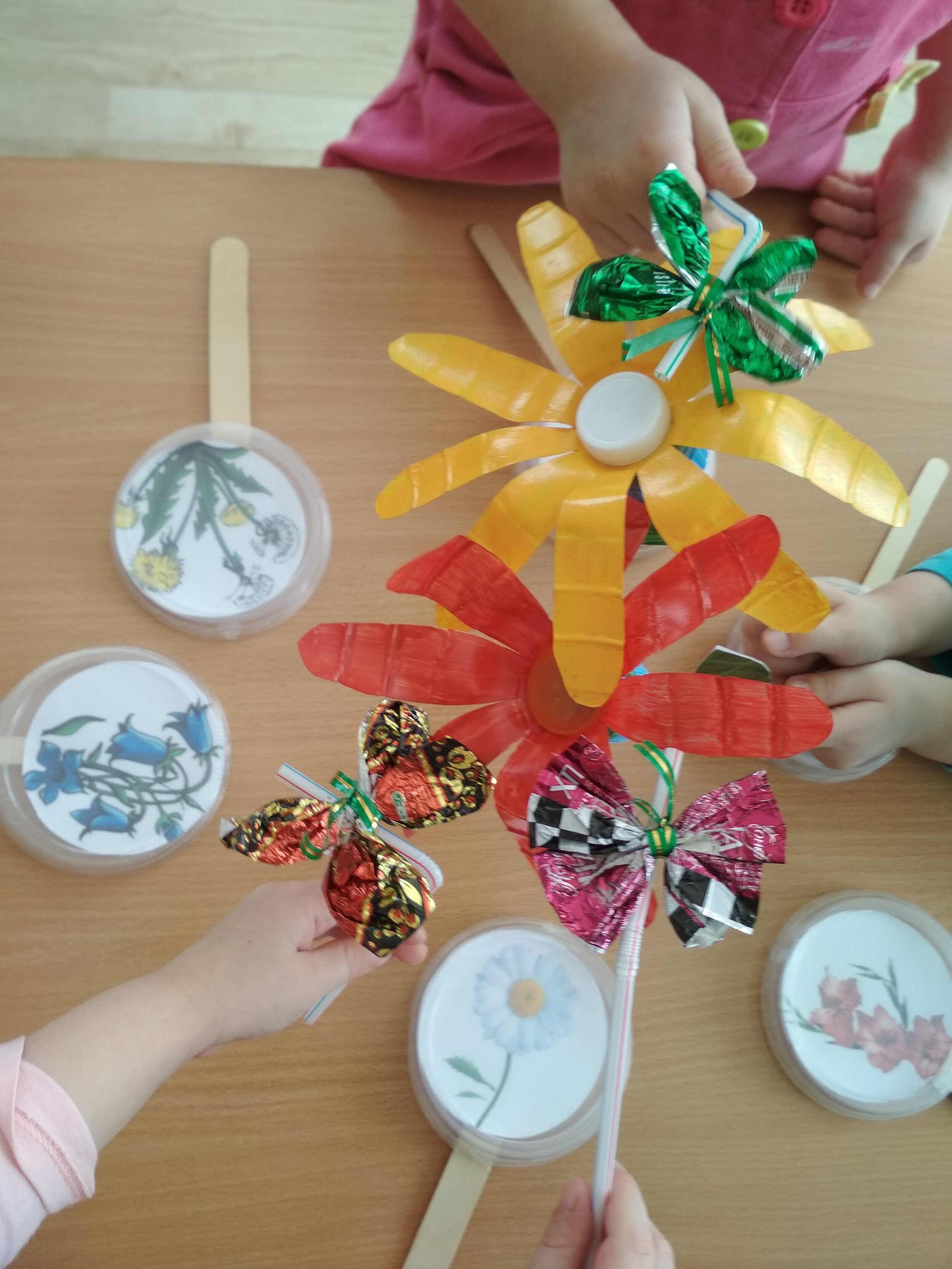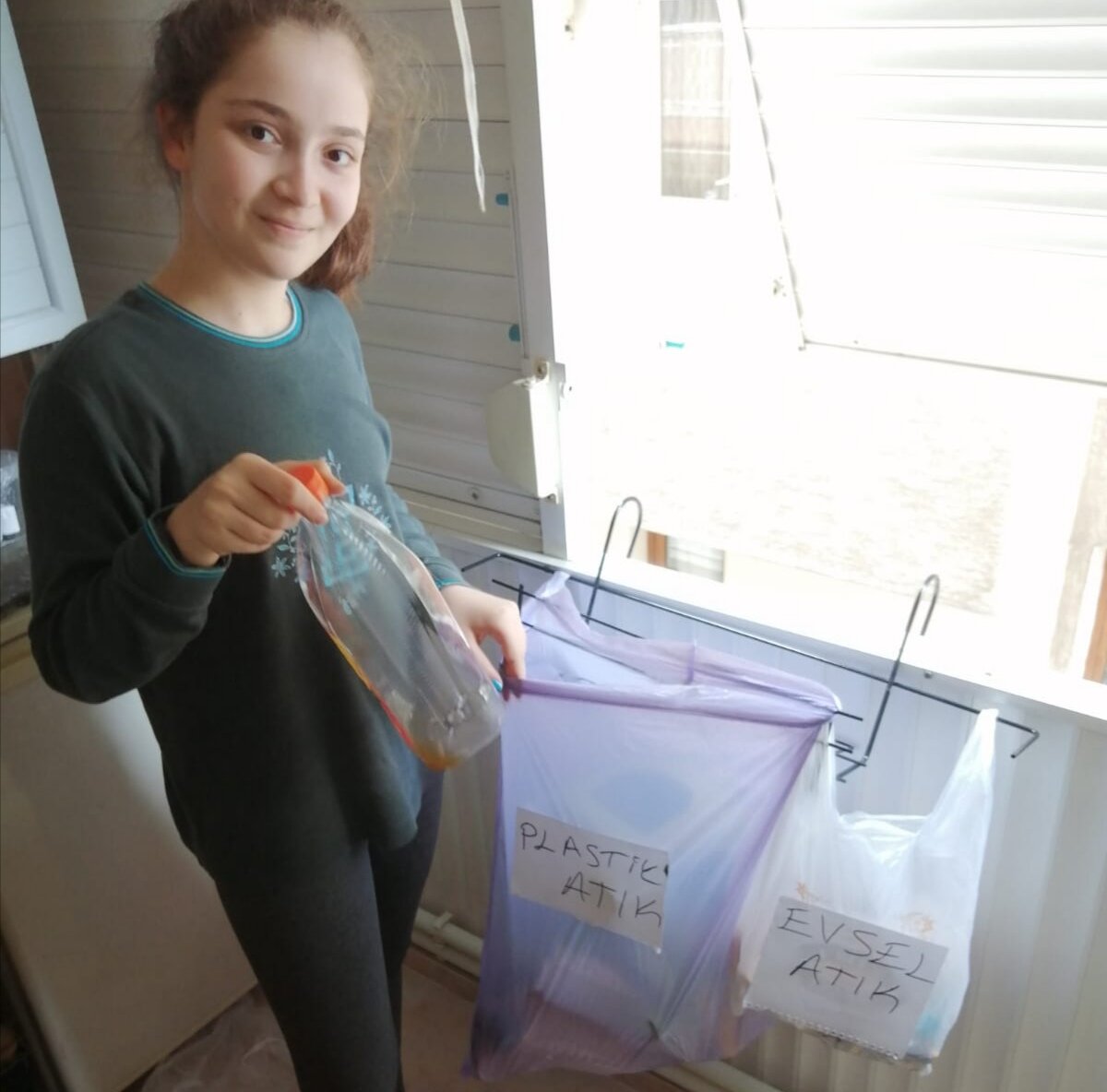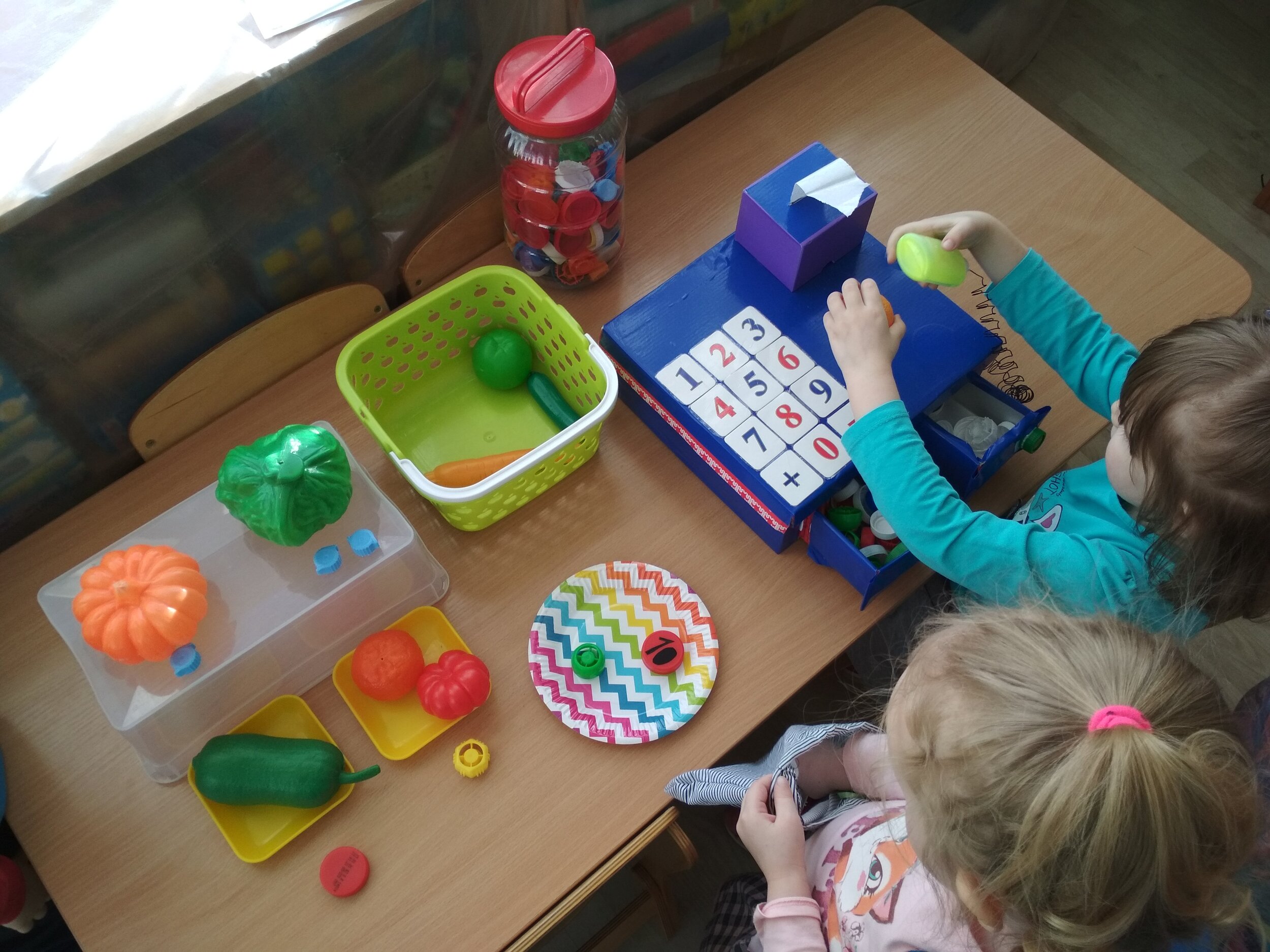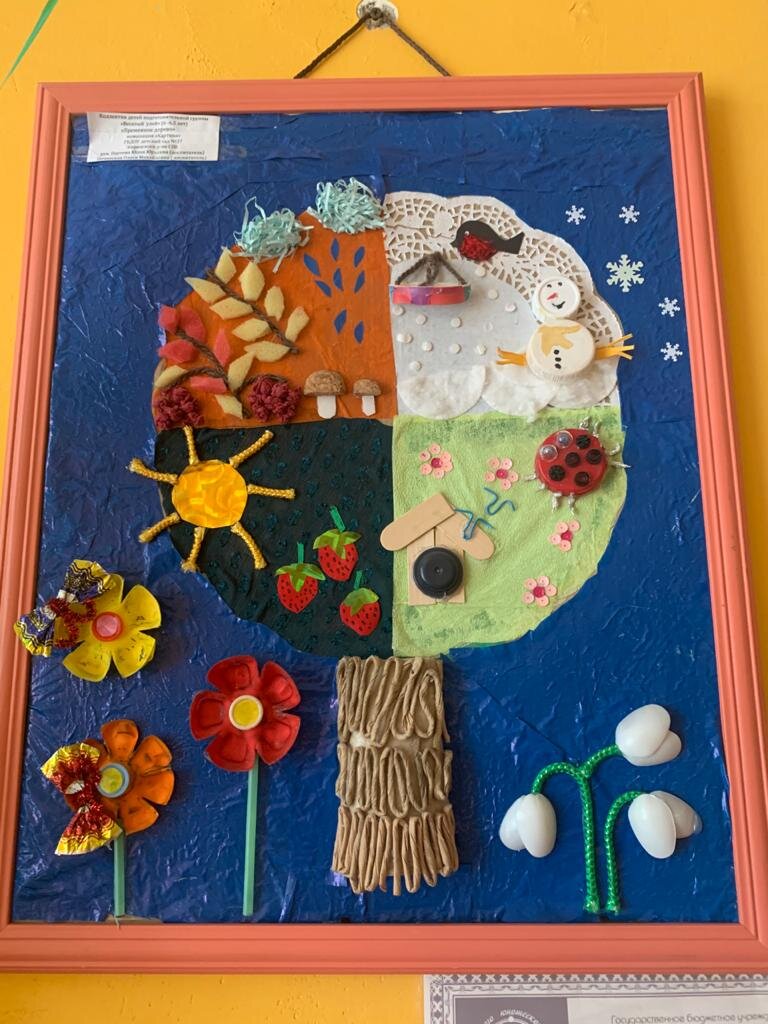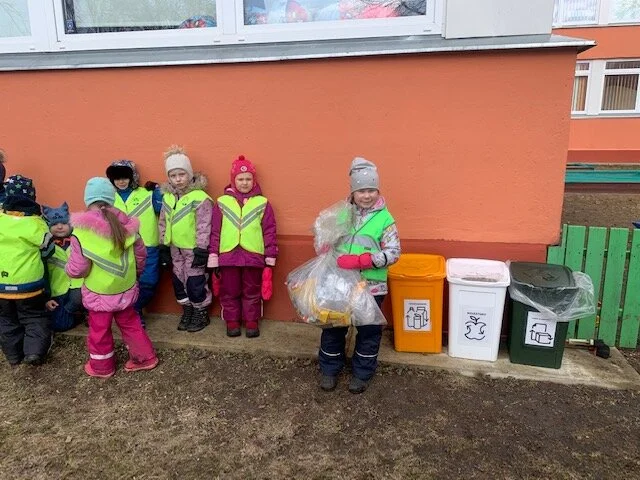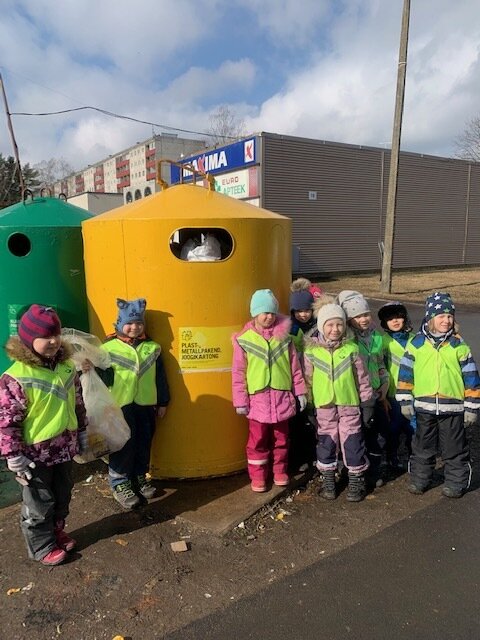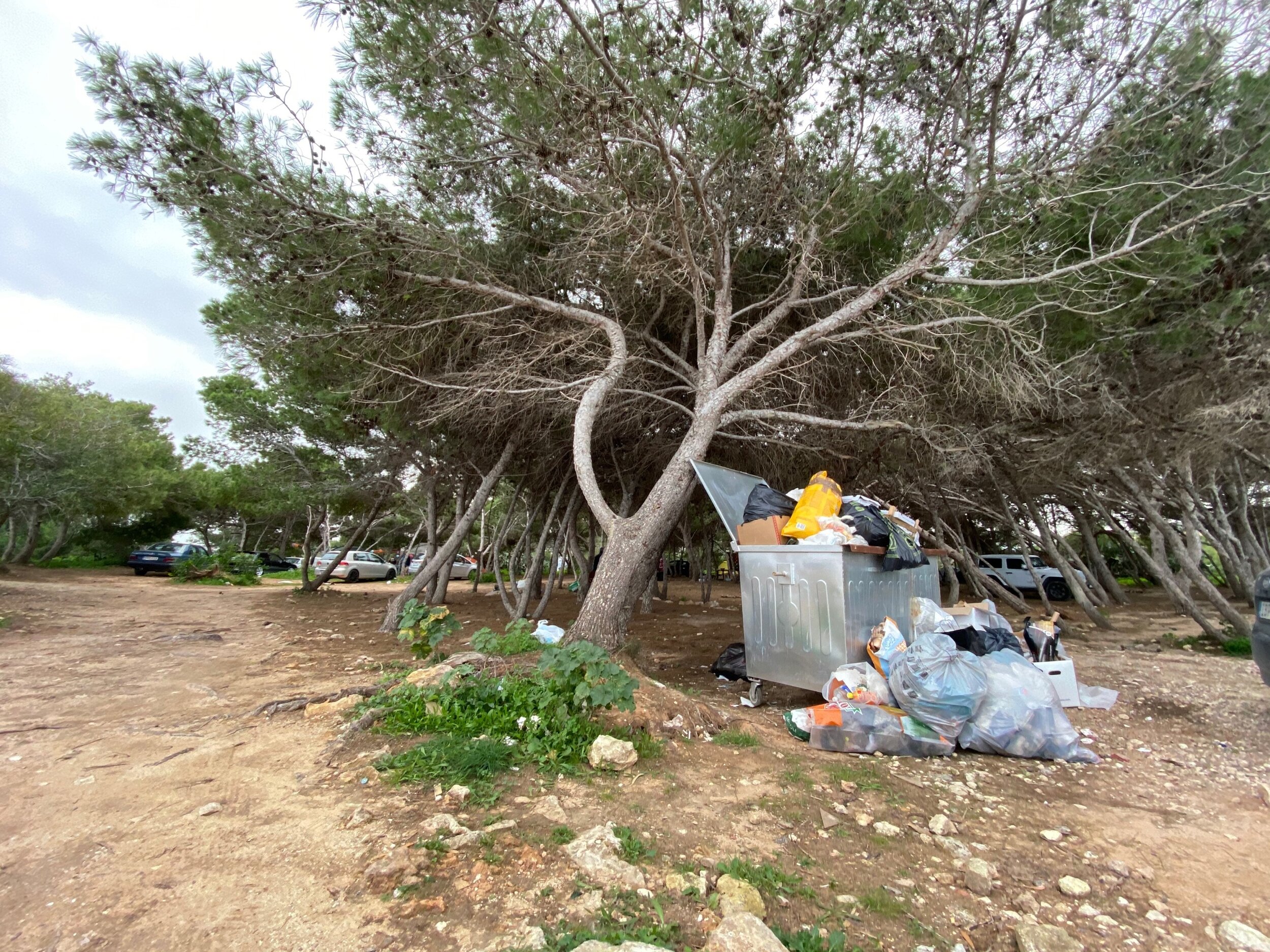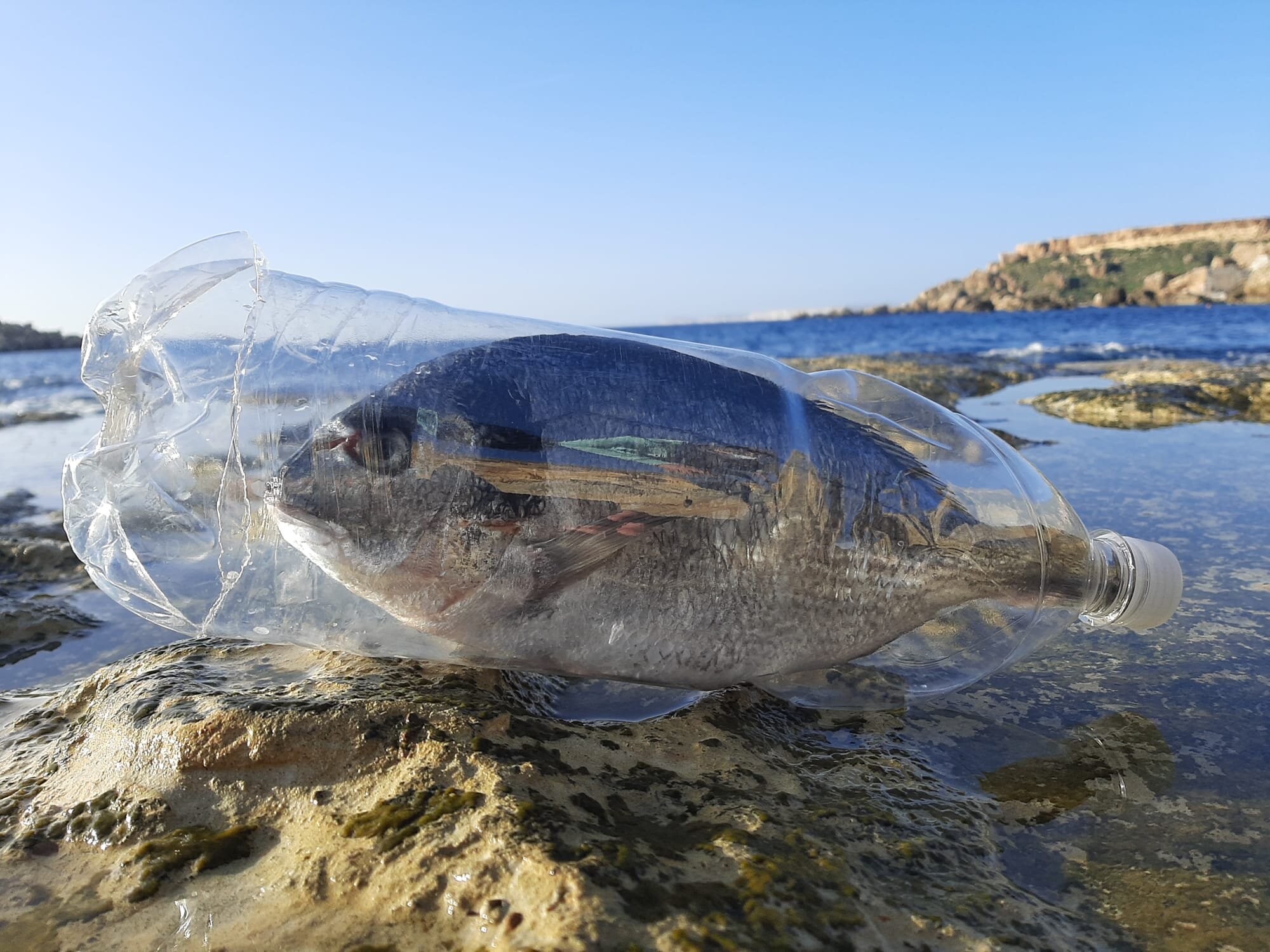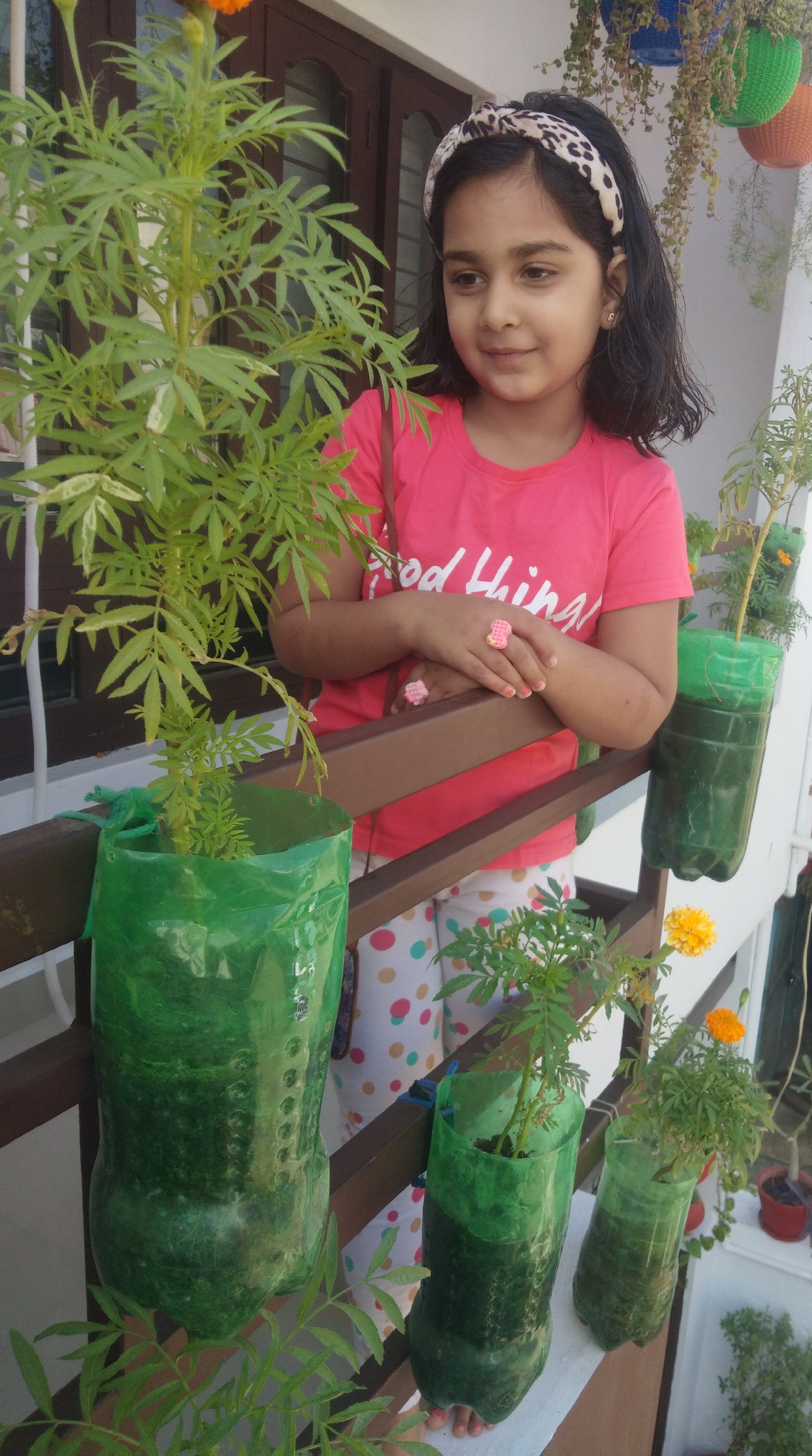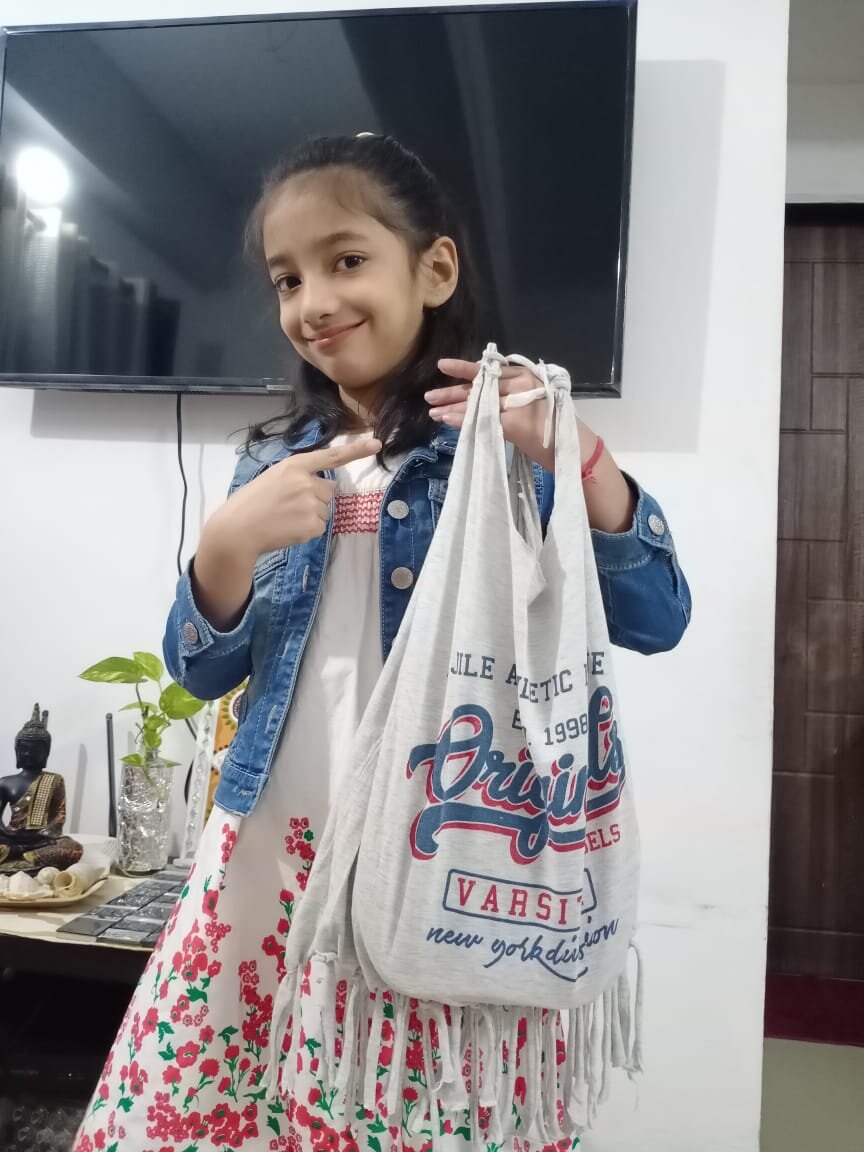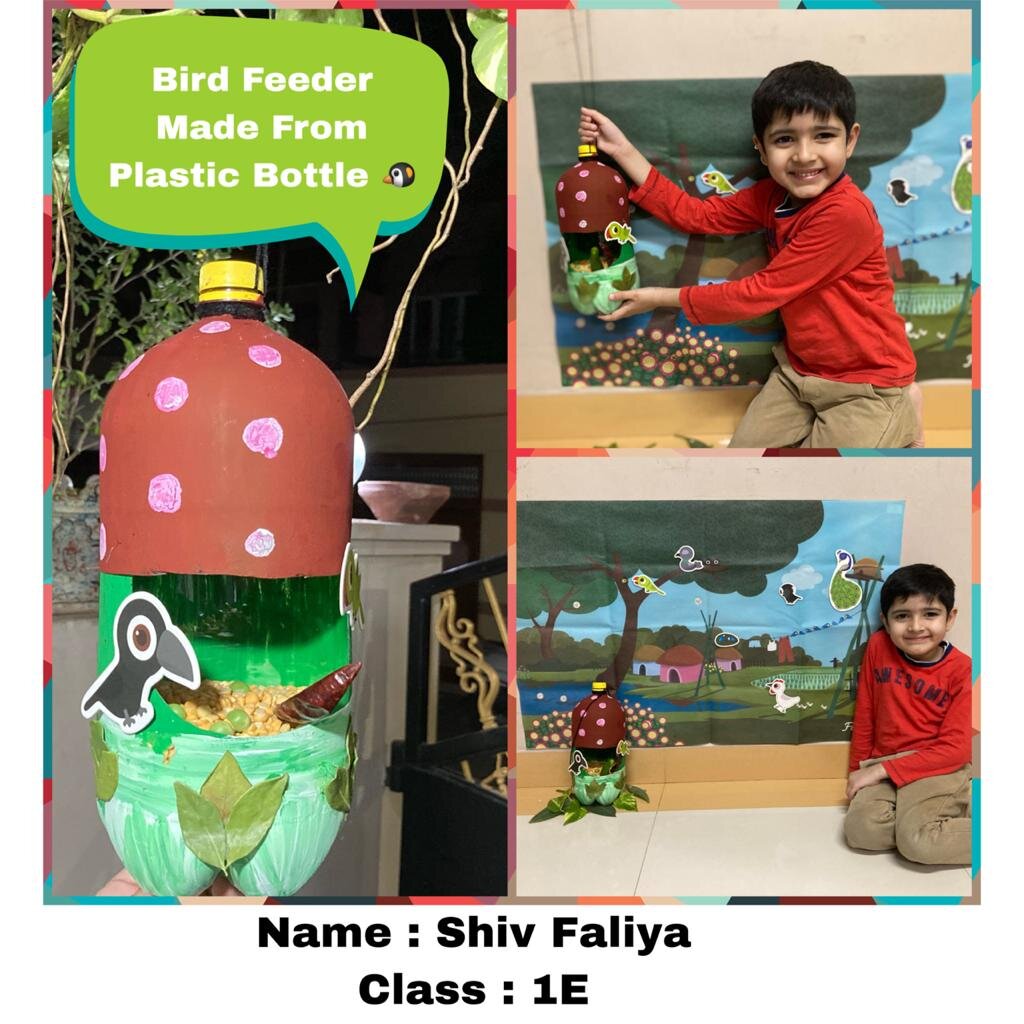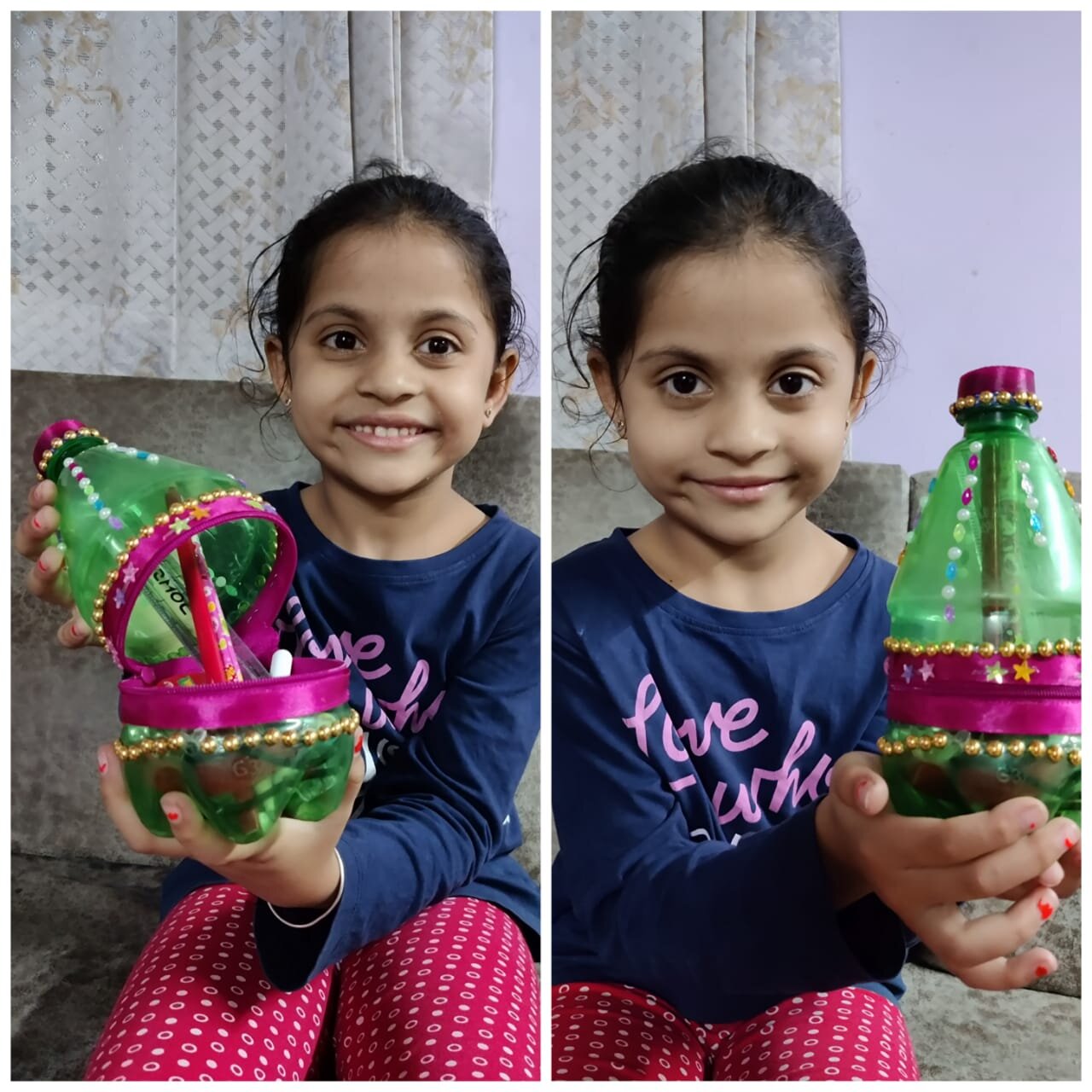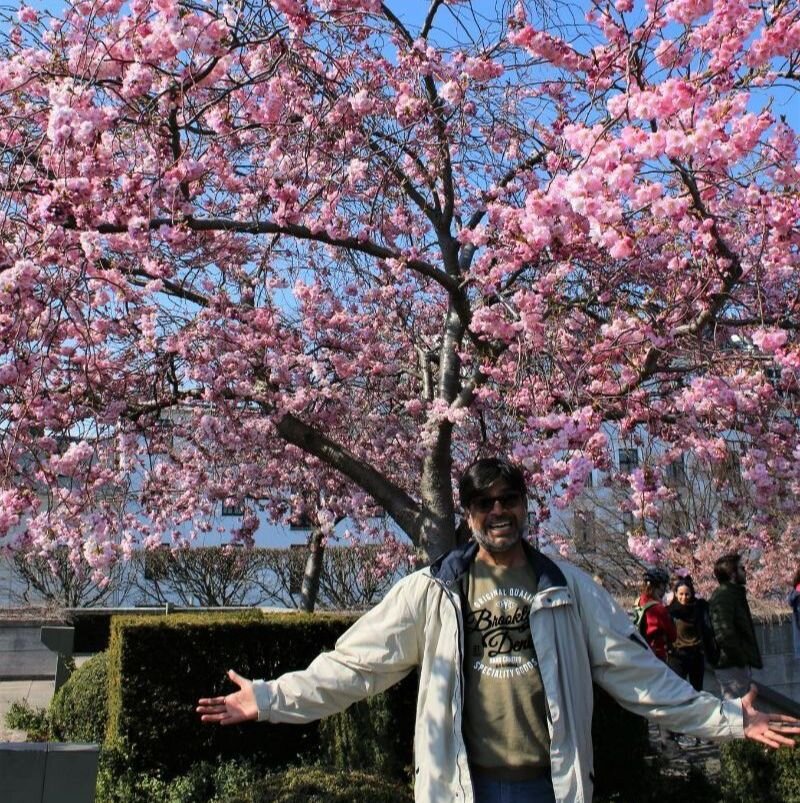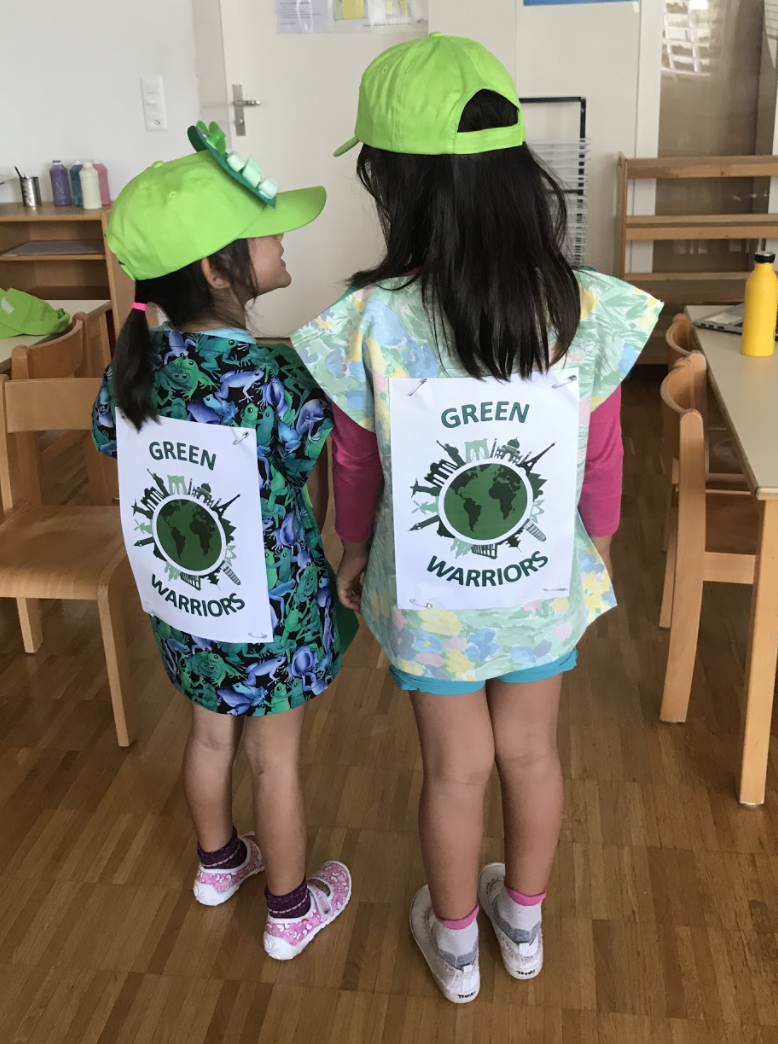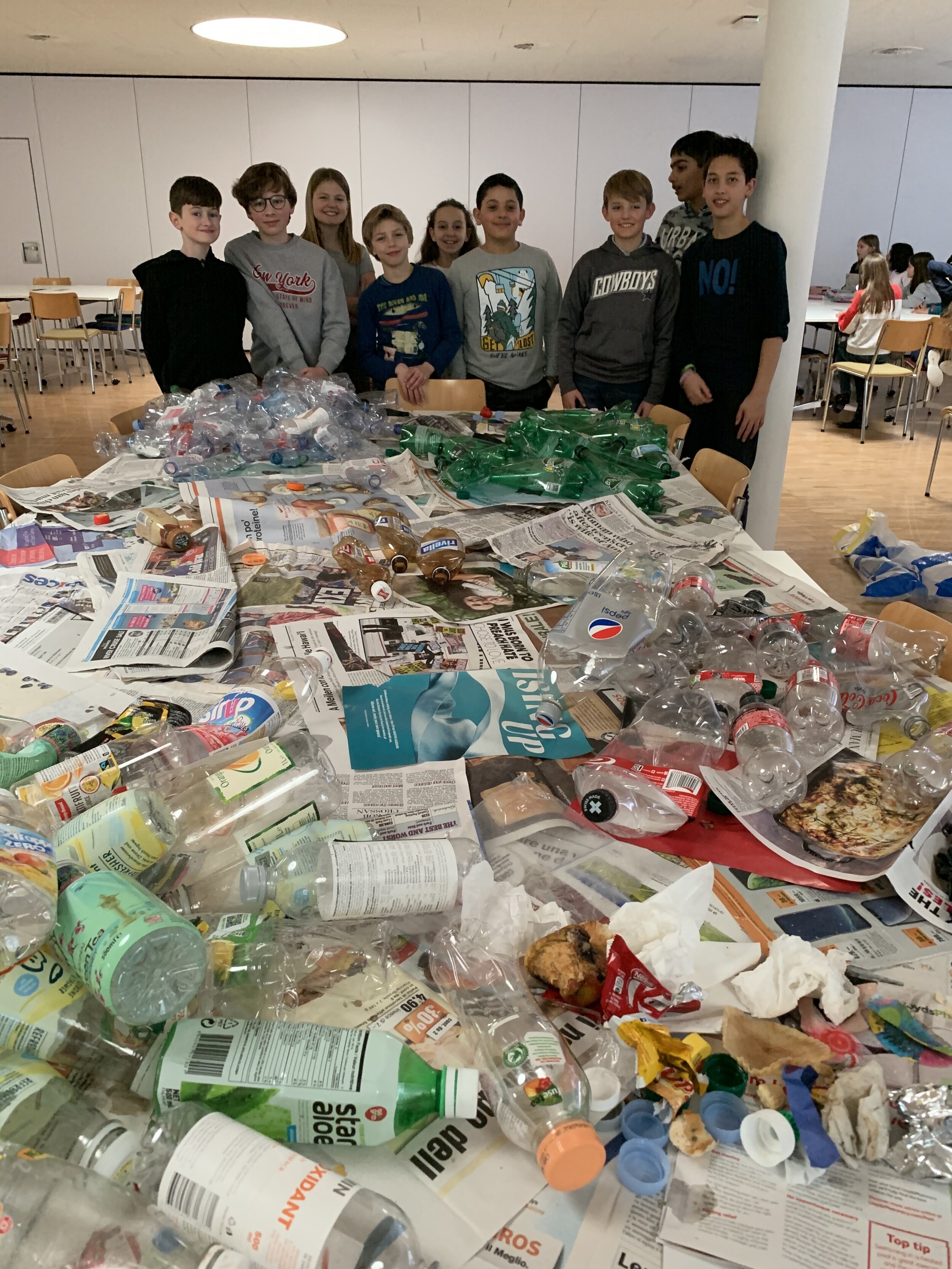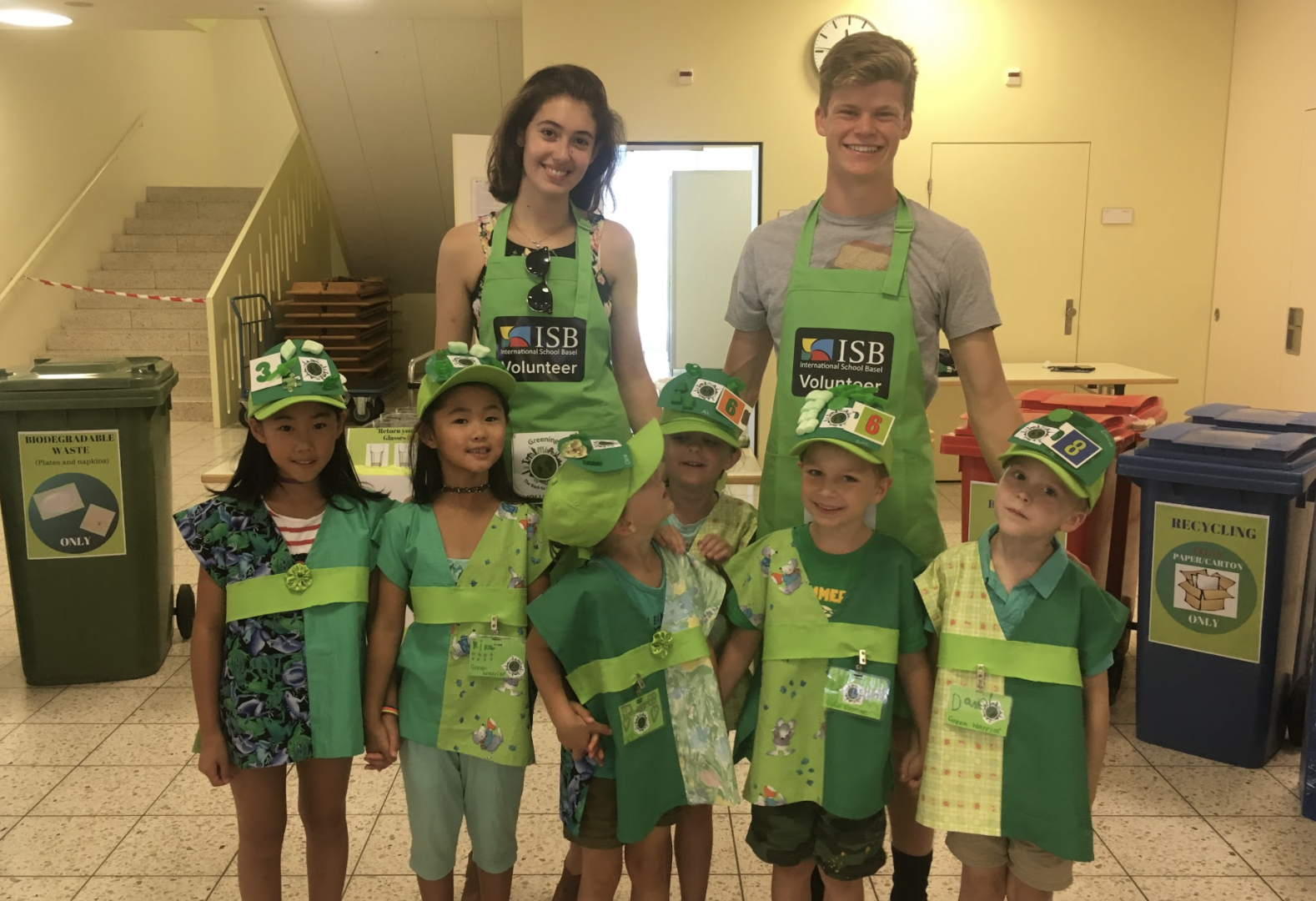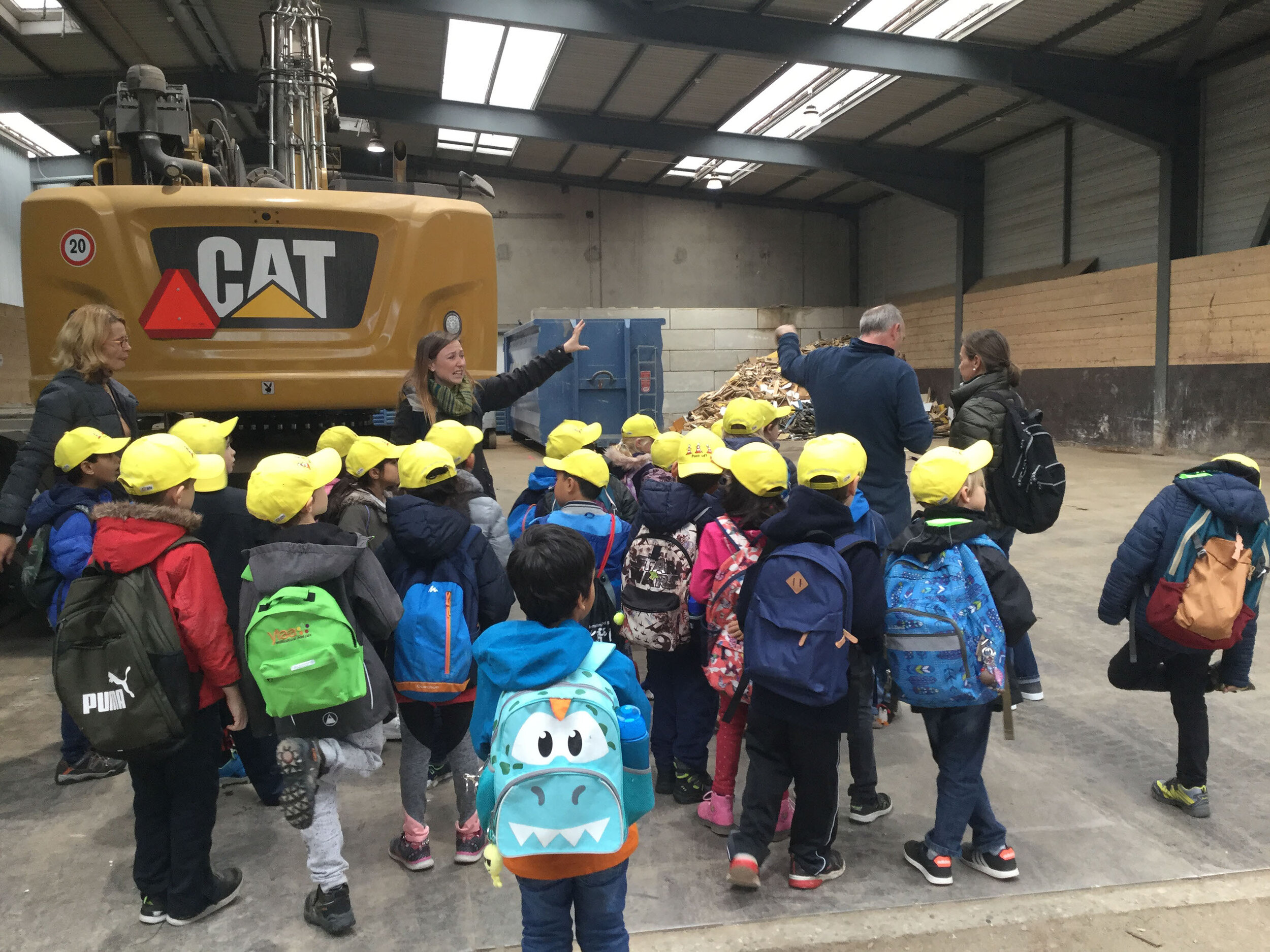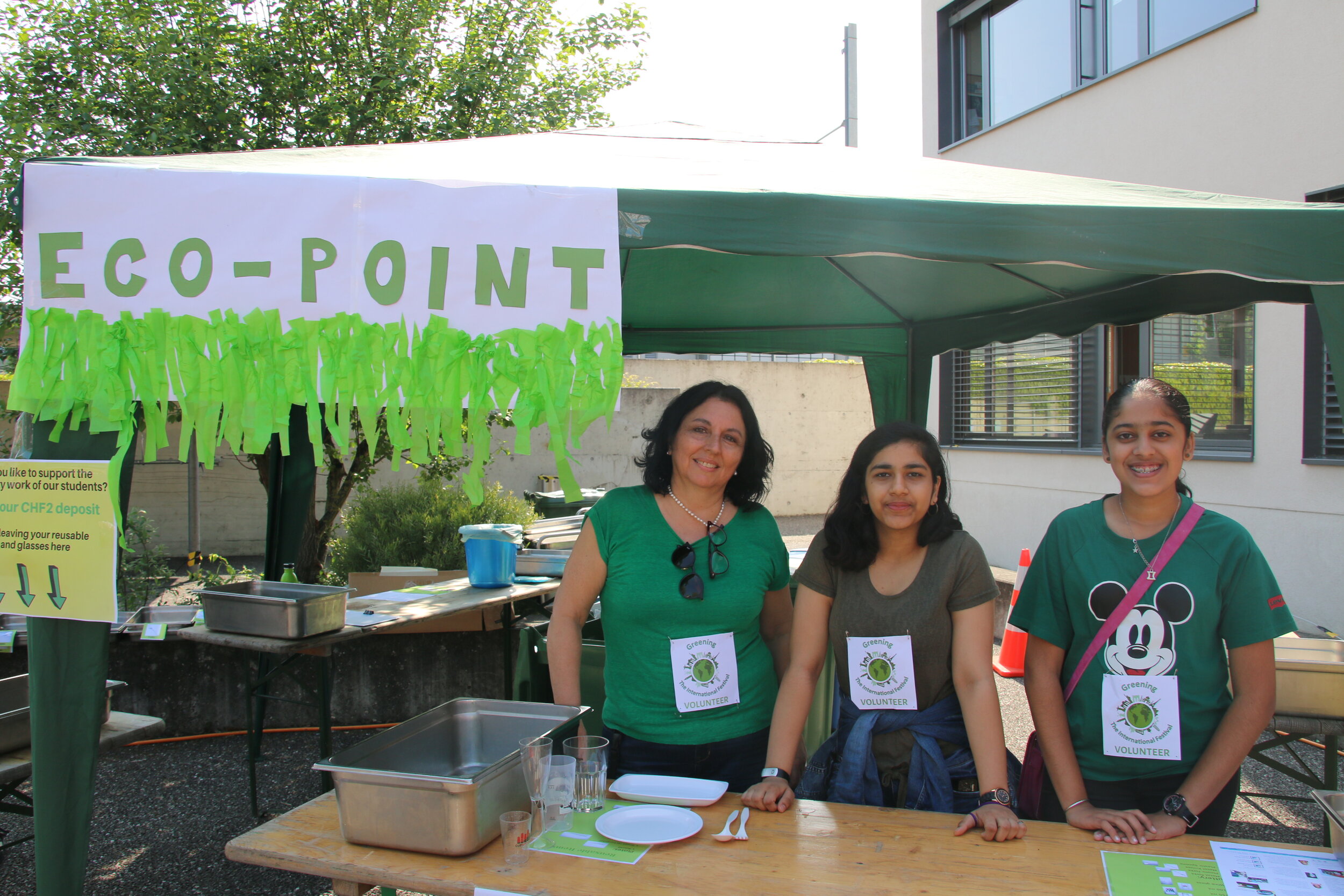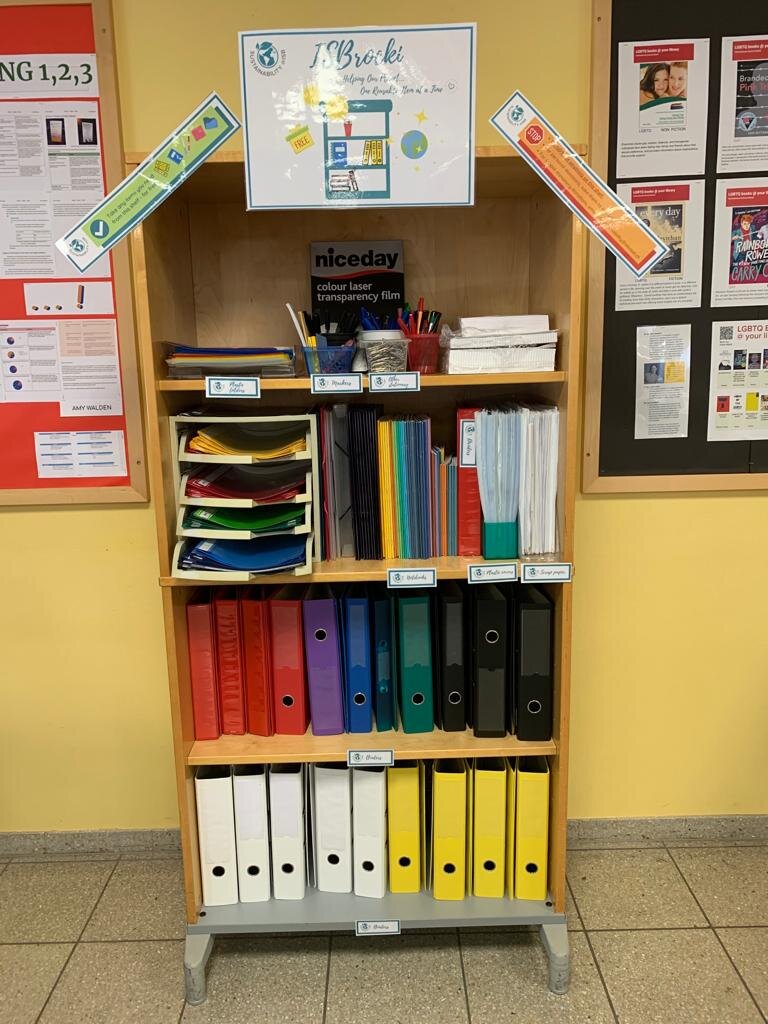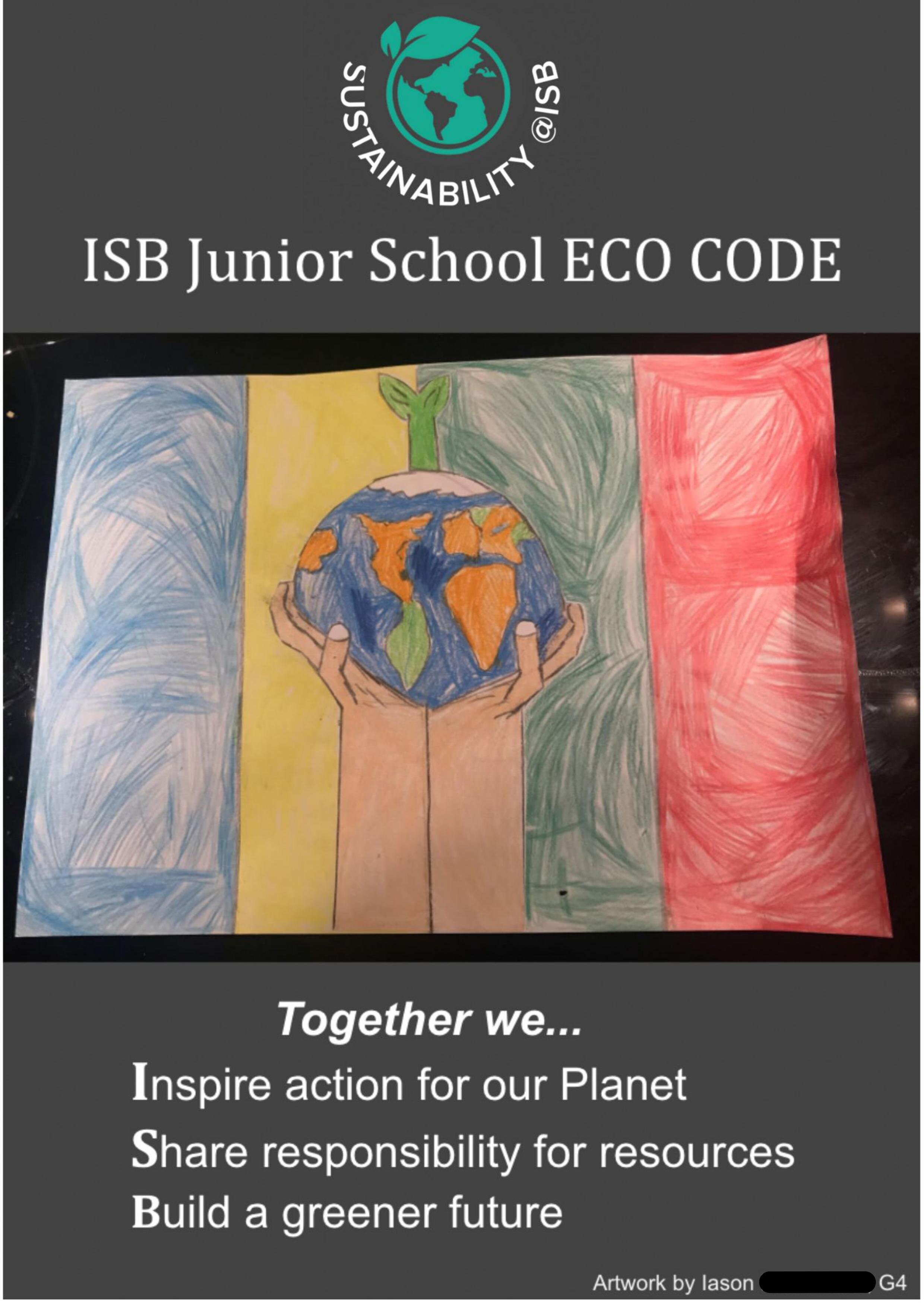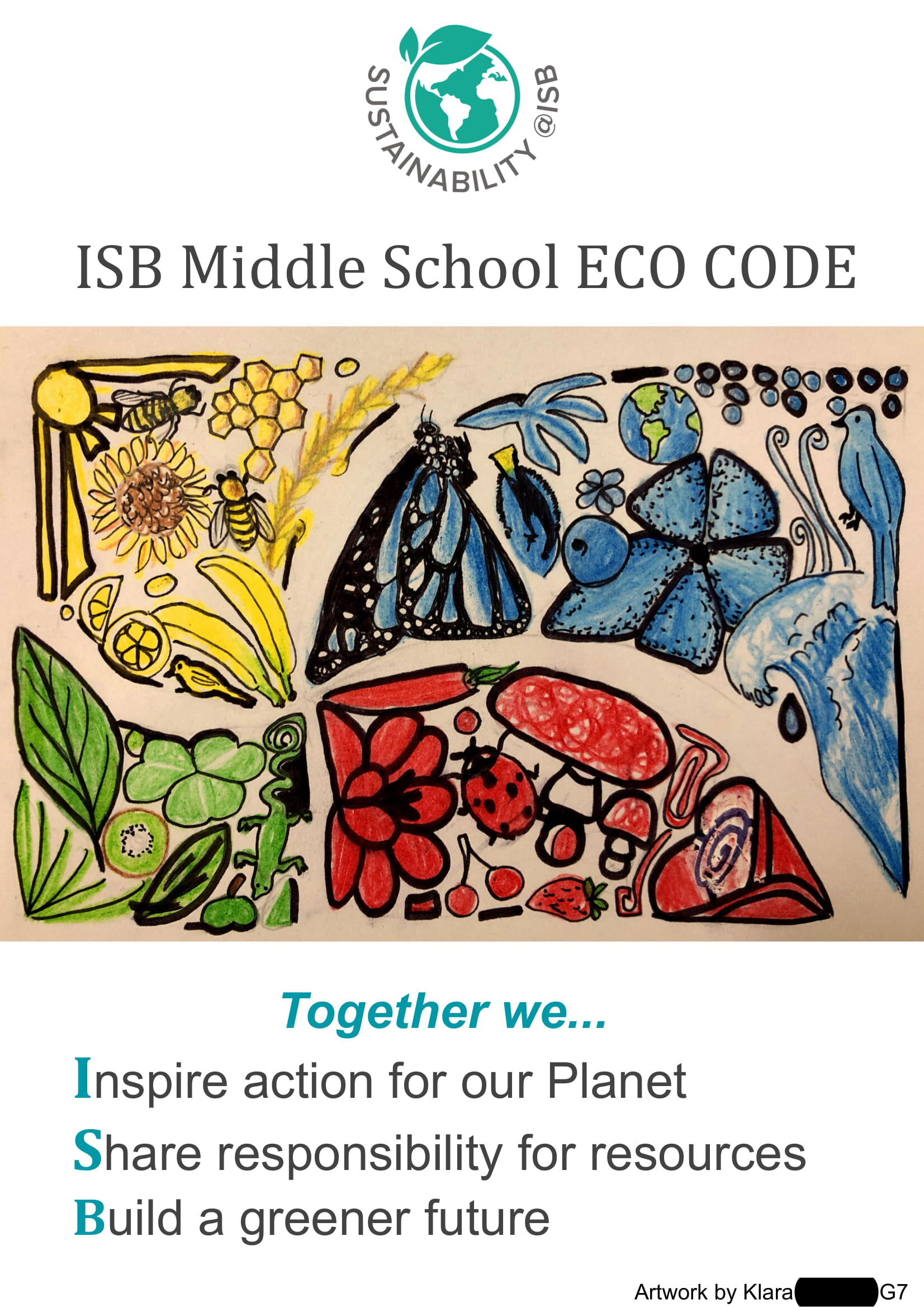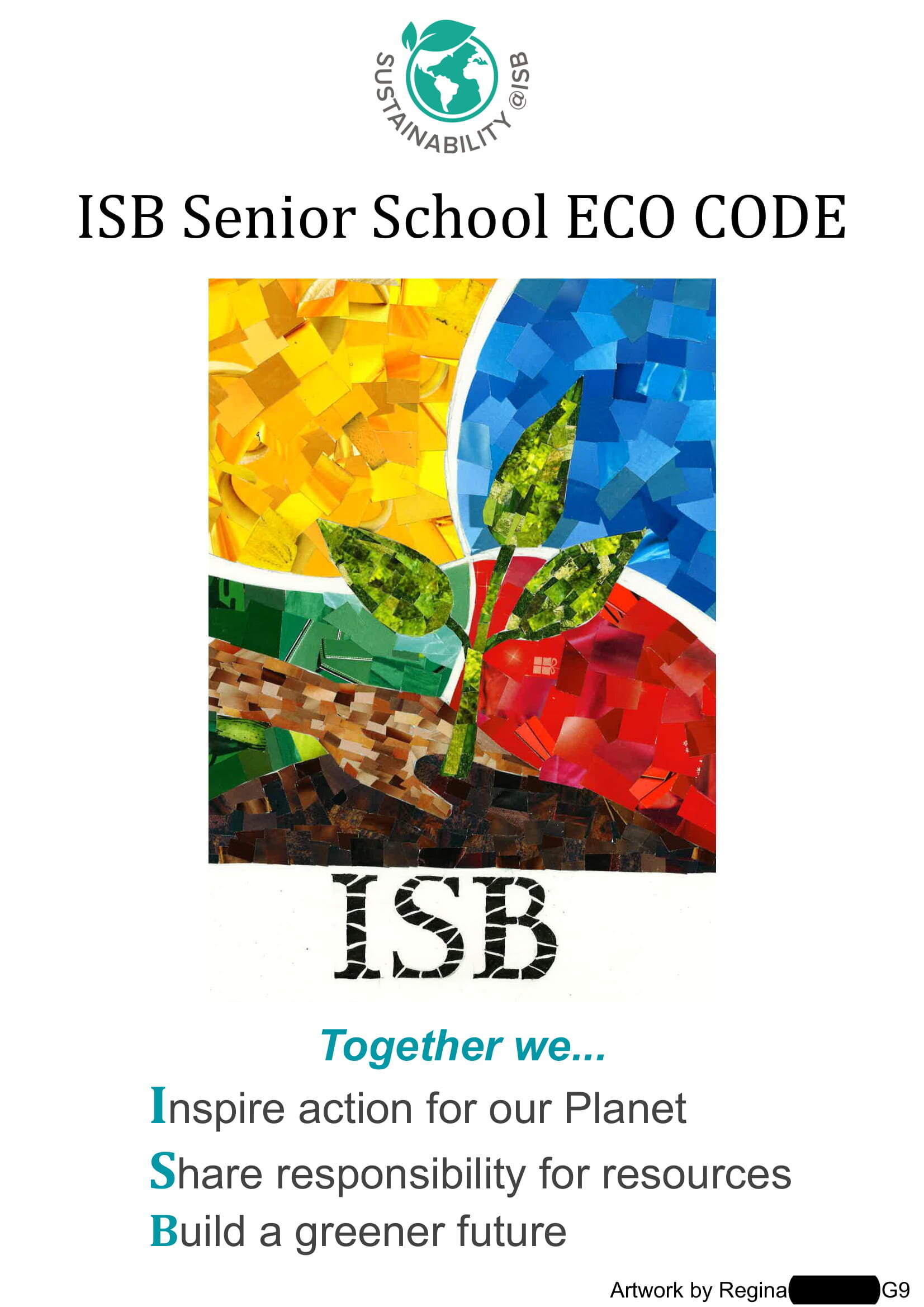12 December 2022, Copenhagen: The Foundation for Environmental Education (FEE) is pleased to announce the continuation of the Alcoa Warming-Waste-Water-Watts-Wildlife (Alcoa W5) Project, funded by Alcoa Foundation. Launched in 2016, the Alcoa W5 project is now entering its fifth phase and will be implemented in the United States (U.S.) and Norway by FEE’s members, the National Wildlife Federation and FEE Norway respectively.
This new phase of the Alcoa W5 project will engage 20 Eco-Schools in the U.S. (New York, Pennsylvania, and Indiana) and Norway in focusing on one or more of the following themes: Warming (Climate Change), Waste, Water, Watts (Energy), and Wildlife (Biodiversity). The Alcoa W5 project is an opportunity for students and educators to improve their environmental literacy, connect their teaching and learning to the UN Sustainable Development Goals and decrease the environmental impact of the school.
Furthermore, the project places an emphasis on fostering environment-based Science, Technology, Engineering and Math (STEM) education, also known as Green STEM. The curriculum and activities of the Eco-Schools program offers the ideal framework to immerse students in practical, real-life experiences that are easily connected to their communities and the world at large, preparing them to enter an emerging and innovative workforce, where technology prevails. It allows for new and creative ways to engage students in mathematics, reading, science, and critical thinking through the lens of sustainability.
“It’s been incredibly rewarding to see thousands of students over the years not only develop their environmental literacy skills through the Alcoa W5 project, but also apply these skills to tackle topics in STEM. The Alcoa W5 project perfectly illustrates the value of the Eco-Schools programme - that the Seven Steps framework allows for environmental education to be embedded in a holistic way through various disciplines and is not restricted to just a single class or subject, “says Daniel Schaffer, CEO of the Foundation for Environmental Education.
The impacts of the Alcoa W5 project also extend beyond the classroom. Marit Kjellesvik of FEE Norway shared that, “We are delighted to be part of yet another cycle of the Alcoa W5 project. FEE Norway has been a partner in this project since 2016, which has given us the opportunity to support and inspire many schools, and now the latest years kindergartens close to the two Alcoa sites in Norway, in Farsund and Mosjøen. With the support of Alcoa Foundation, a wide range of innovative, important, and inspiring projects and activities have been carried out, and students of all ages have been involved, learned and been able to influence in matters related to sustainability in their local community.”
“In the U.S., the Alcoa W5 project has served to support both teachers and students in exploring issues of sustainability at their schools, as well as in their local communities. This program has allowed students to develop important leadership skills, enabling them to take informed action on key issues such as climate, biodiversity and waste. NWF is excited to continue this collaboration with the Alcoa Foundation and our partners and look forward to the stories of success over the coming year,” stated Elizabeth Soper, NWF Senior Director of K-12 Education.
“Alcoa Foundation is proud to support another cycle of the Alcoa W5 project that allows students in communities where Alcoa operates to develop skills to address key sustainability challenges. This project is one more step to advance the Alcoa Foundation mission to invest where Alcoa has a presence, partnering with communities to address local needs in a sustainable manner We thank our partners for their continued collaboration and look forwarding to hearing stories from classrooms,” stated Rosa Garcia Pineiro, President of Alcoa Foundation.
About Alcoa Foundation: Alcoa Foundation invests where Alcoa has a presence, partnering with communities to address local needs in a sustainable manner. With our nonprofit partners, we contribute to programs that protect and preserve the environment and promote equitable access to education and skills-building opportunities. https://www.alcoa.com/foundation/en
About the Foundation for Environmental Education and the Eco-Schools Programme: Established in 1981, the Foundation for Environmental Education (FEE) is one of the world's largest environmental education organisations, with over 100 member organisations in 81 countries. The internationally recognized Eco-Schools programme developed by the Foundation for Environmental Education (FEE) engages young people in quality environmental education and meaningful action. Through a simple, seven-step framework, pupils are empowered and motivated to drive change and improve environmental awareness in their school, local community and beyond. www.fee.global | www.ecoschools.global
